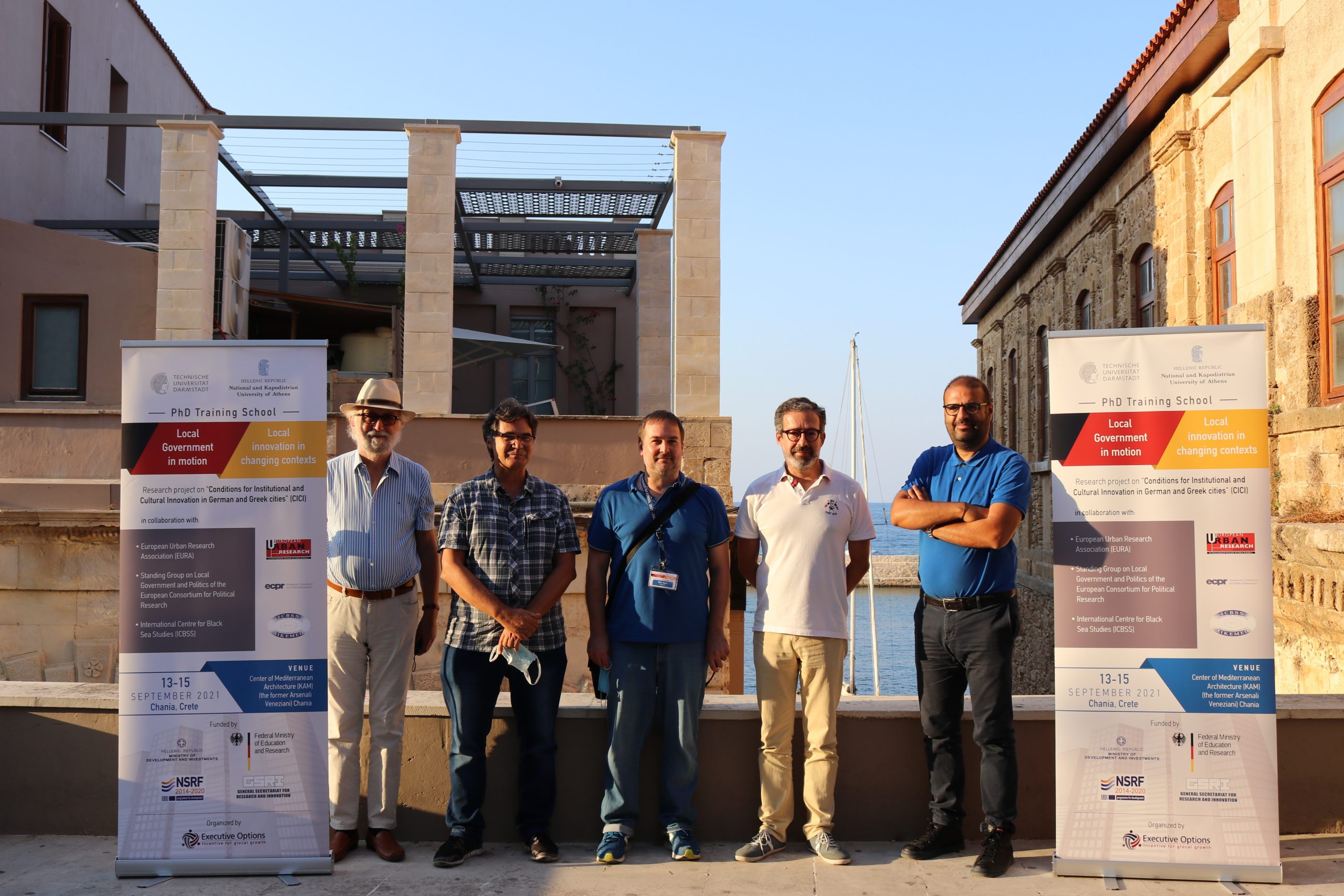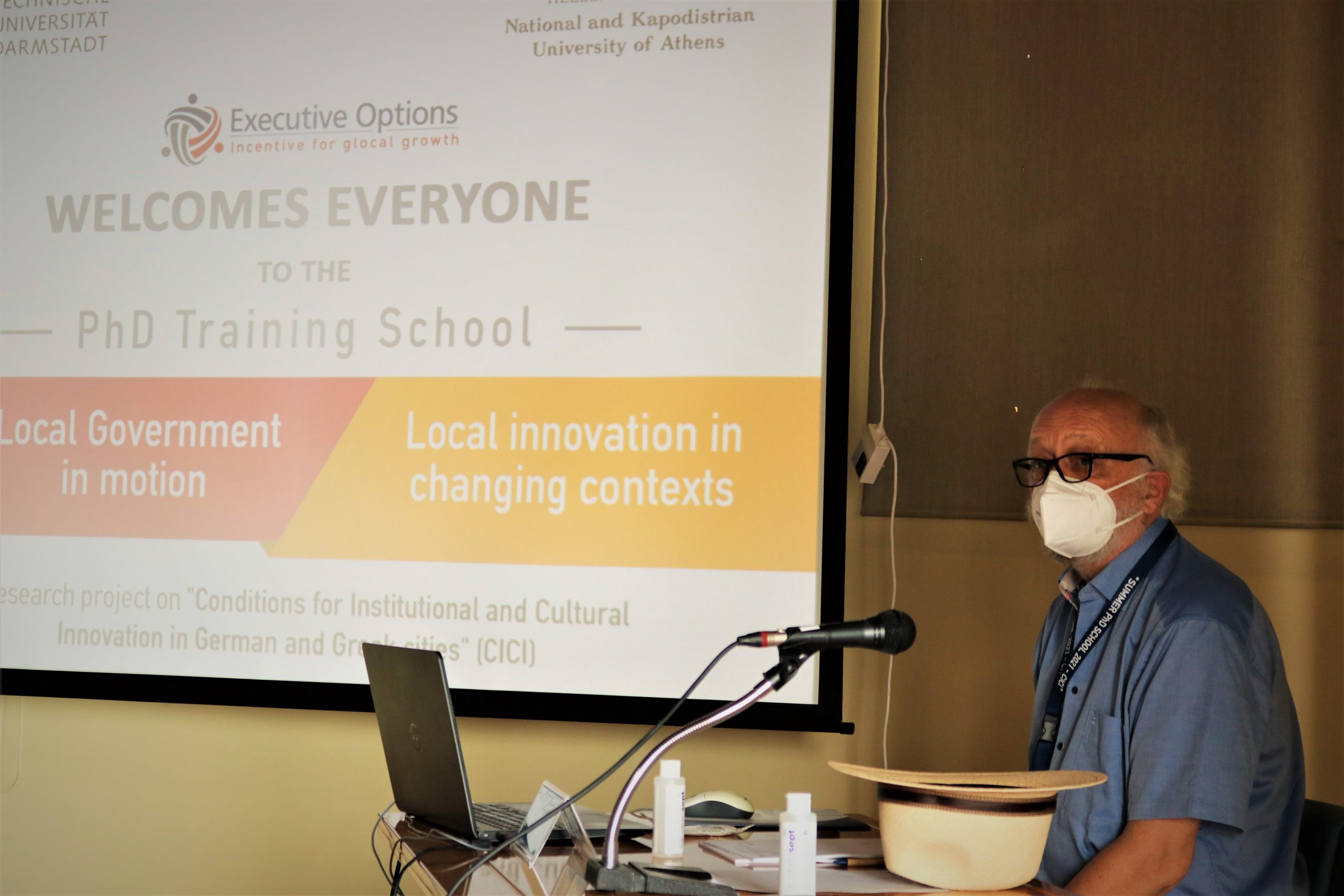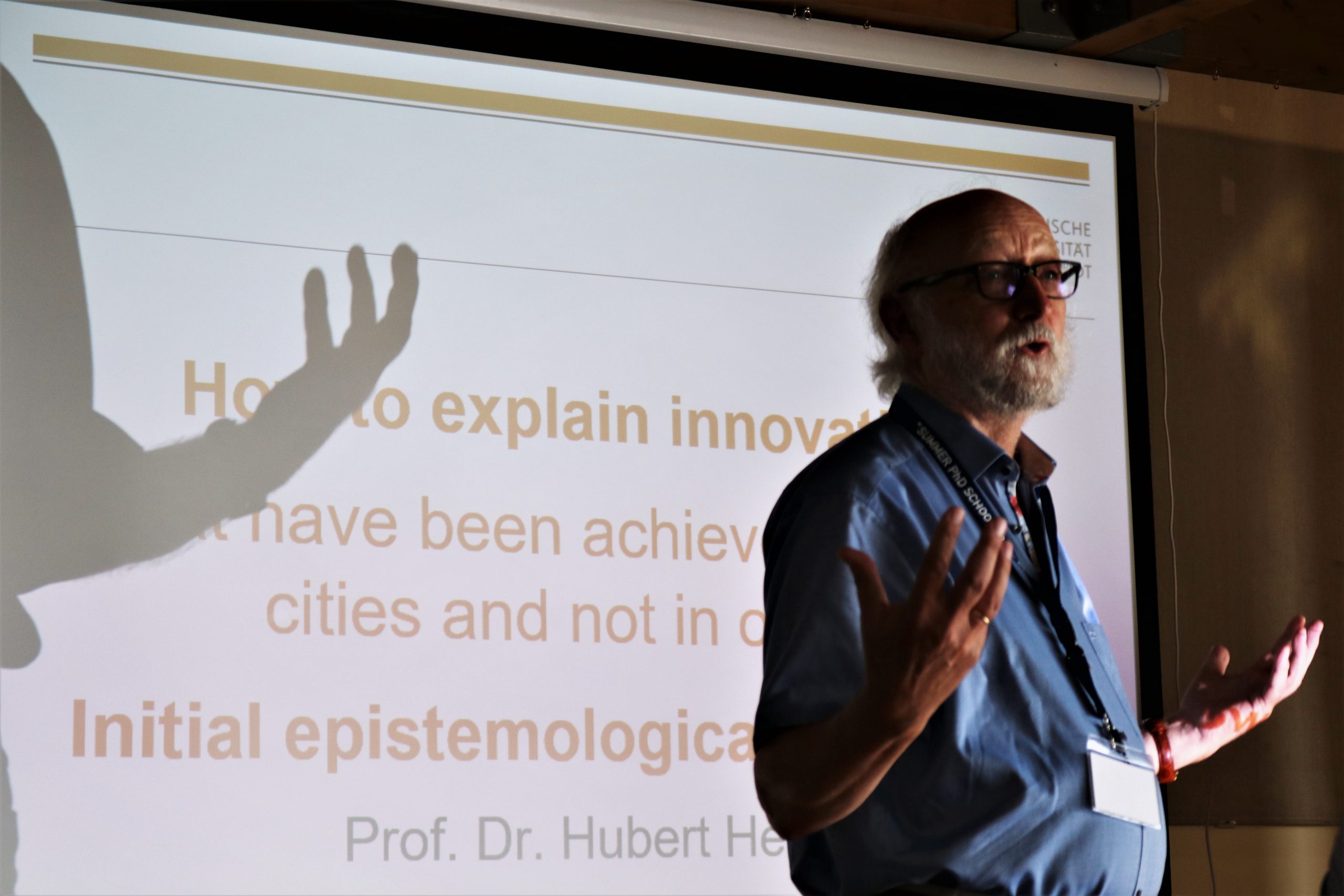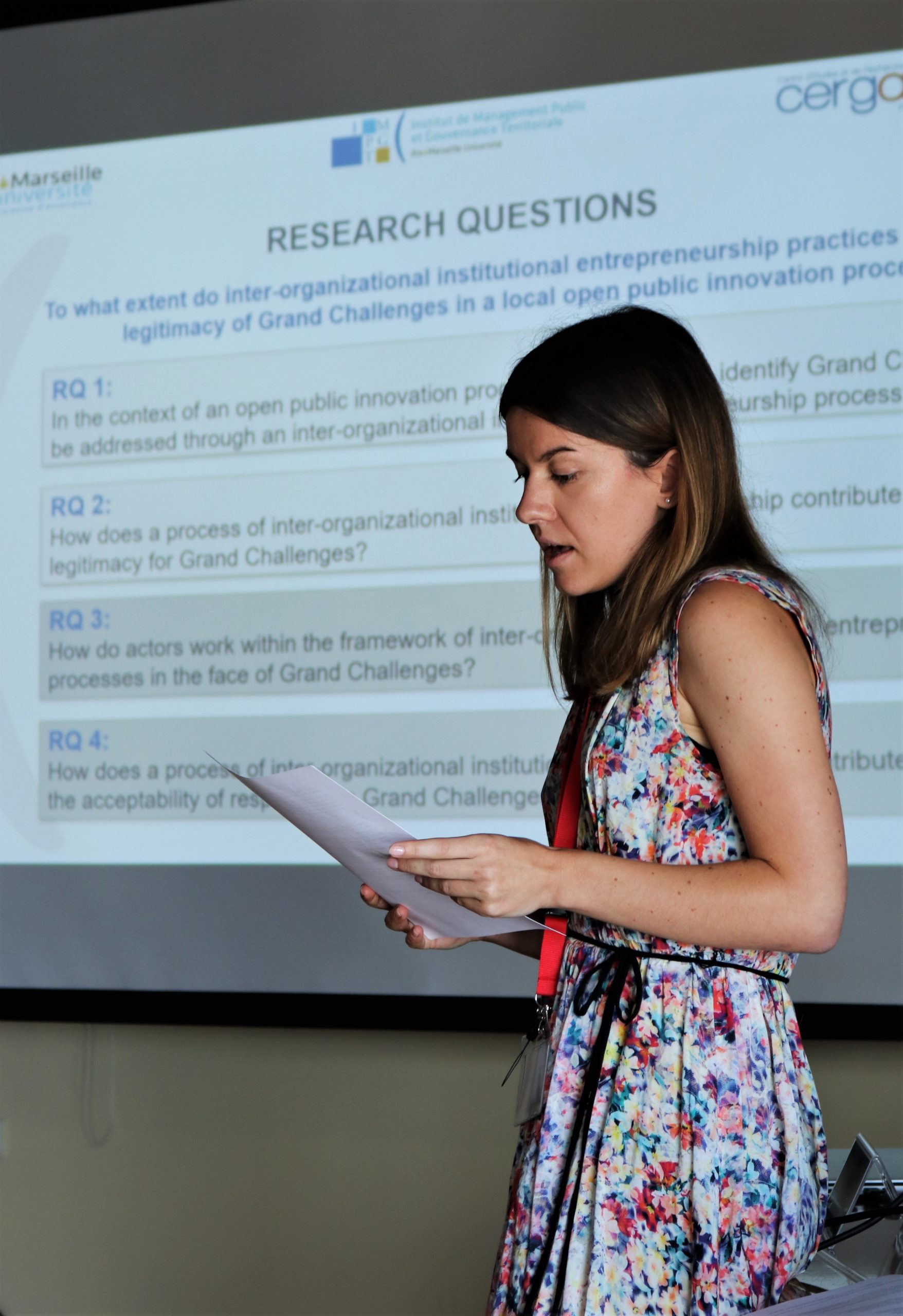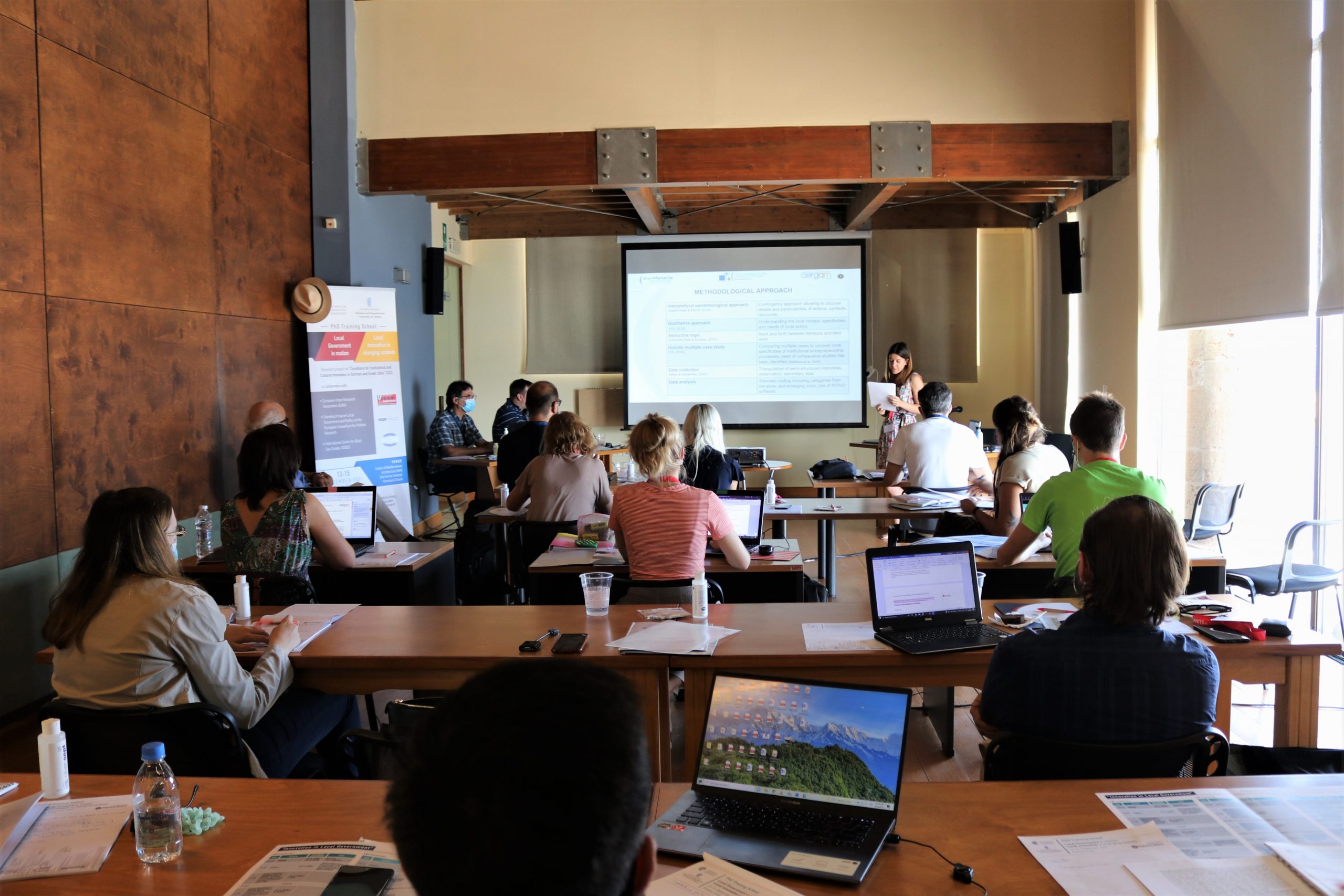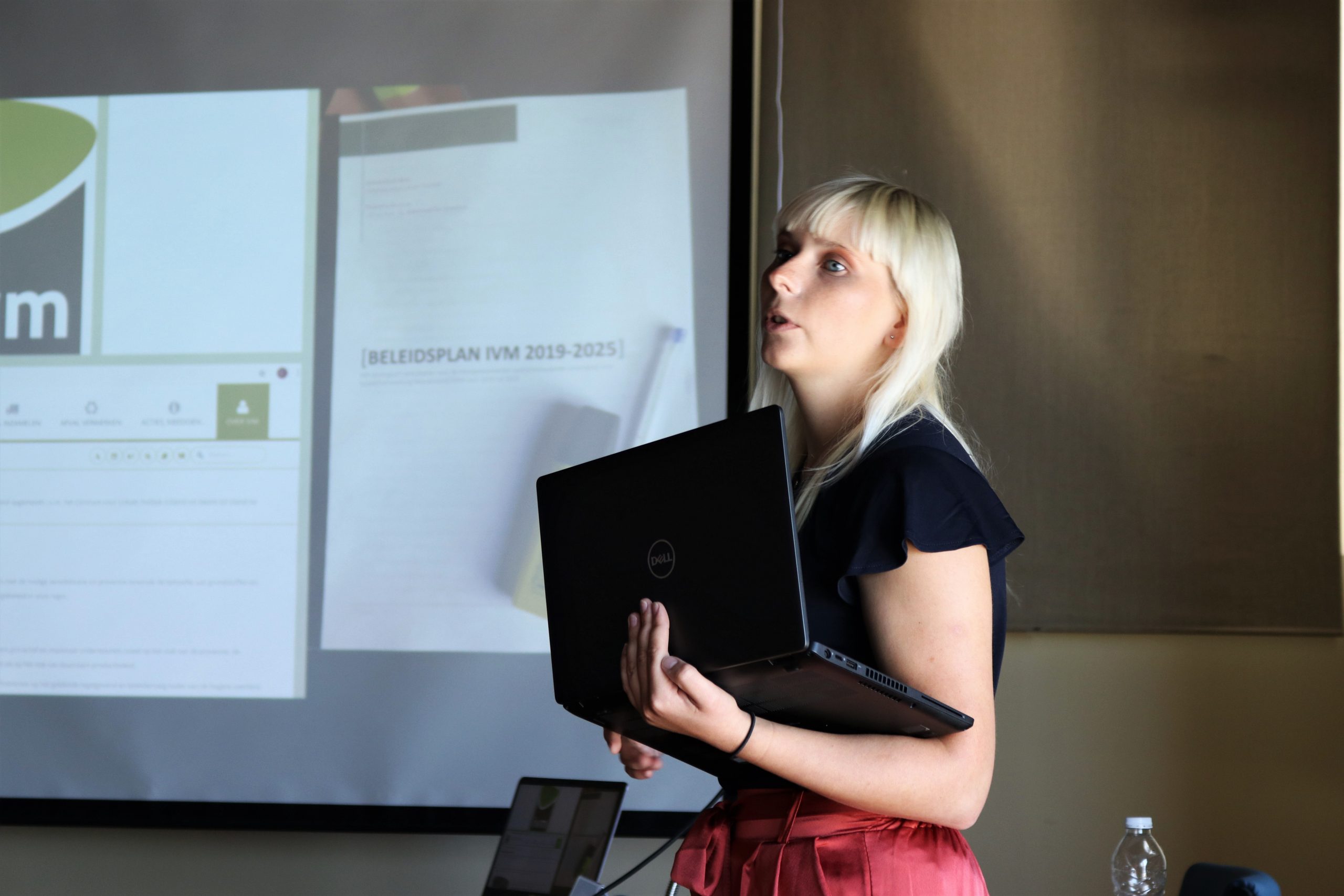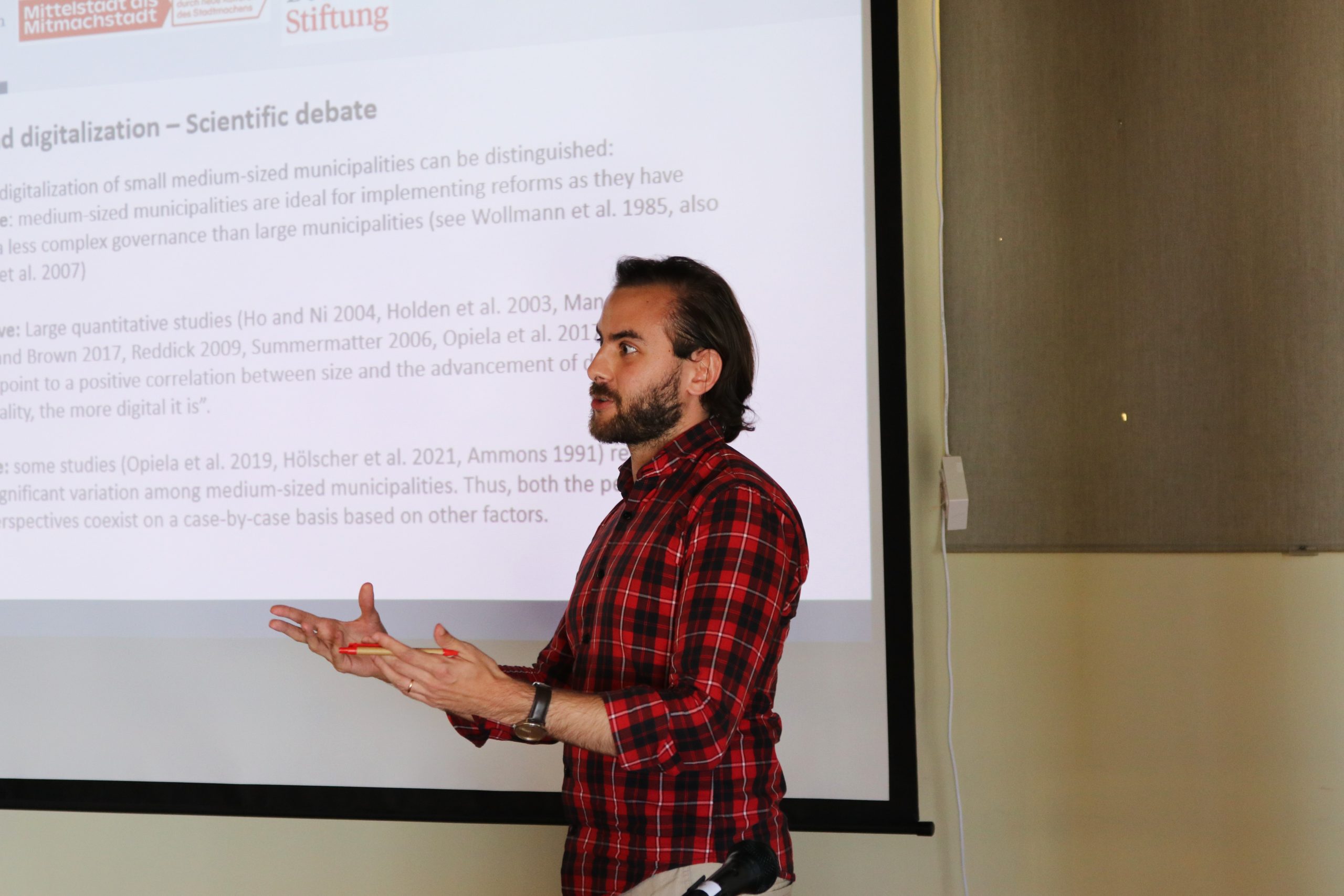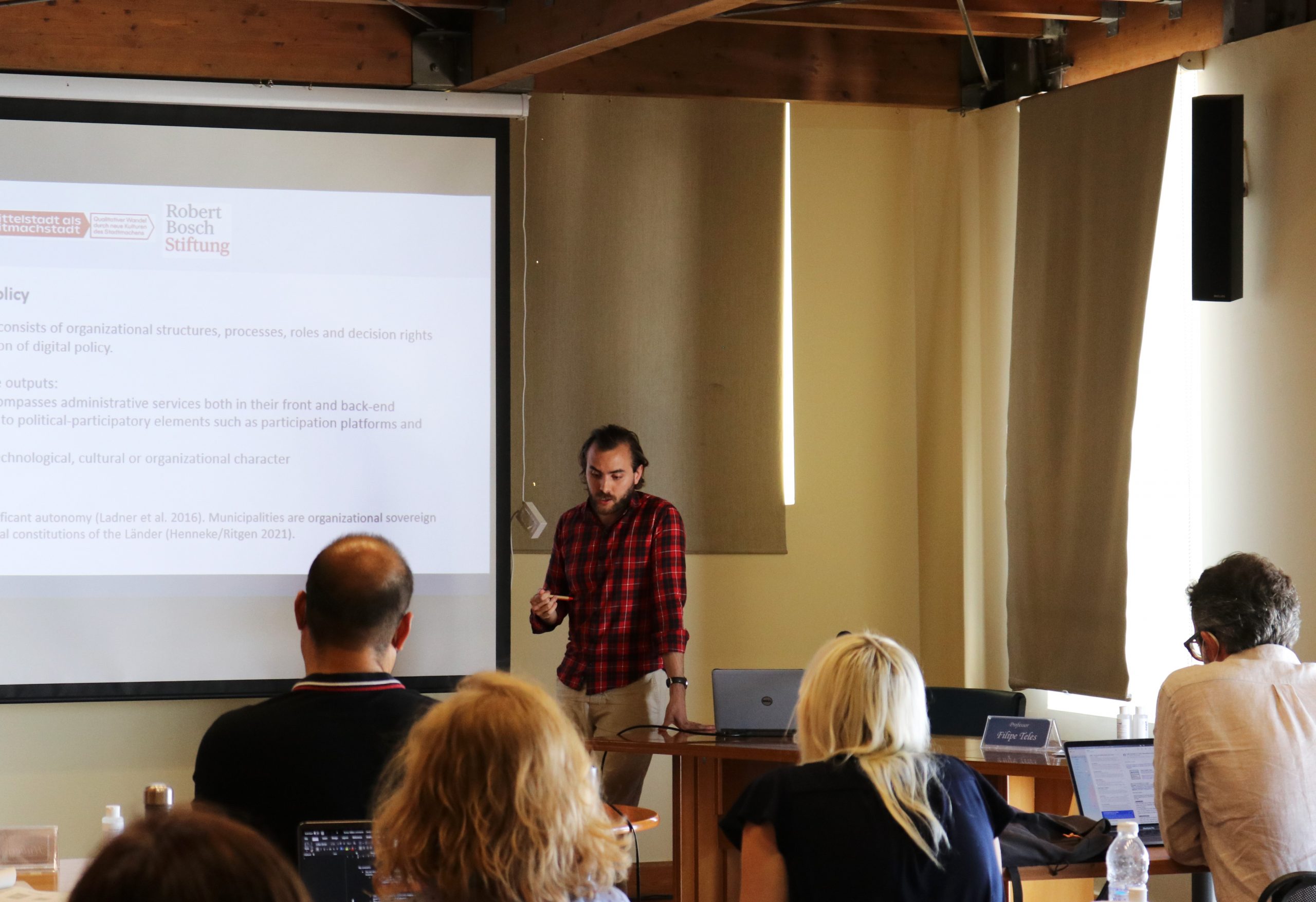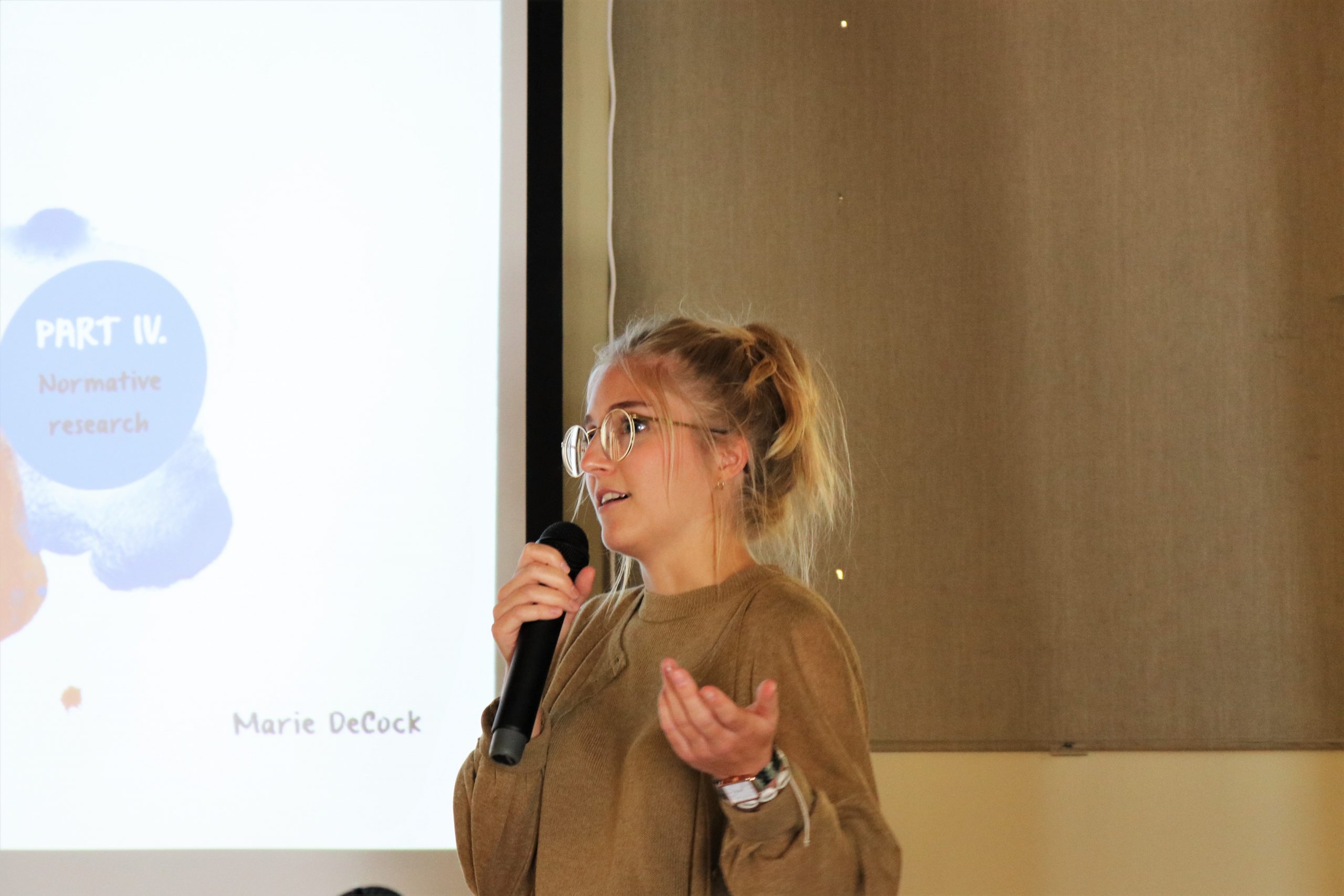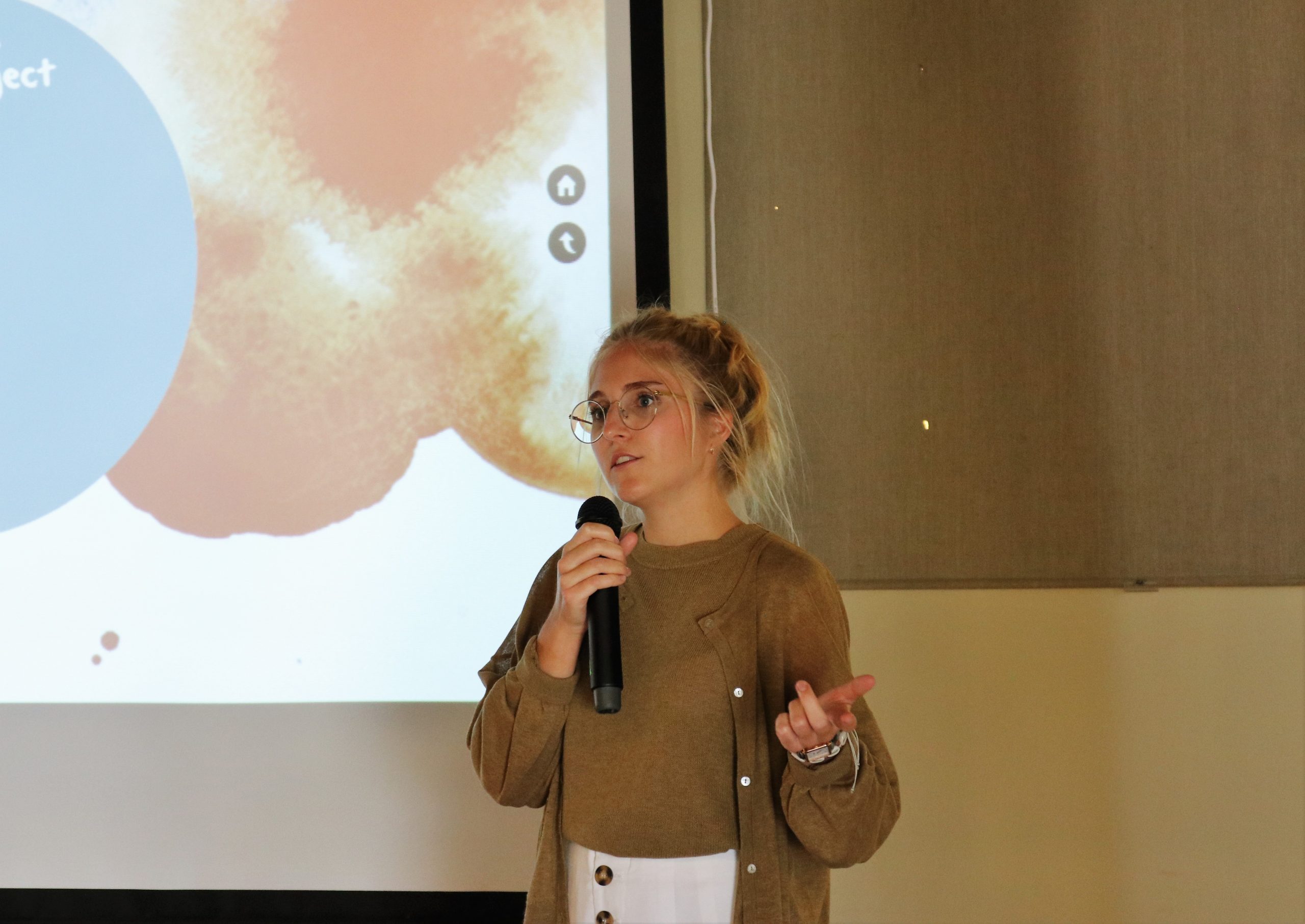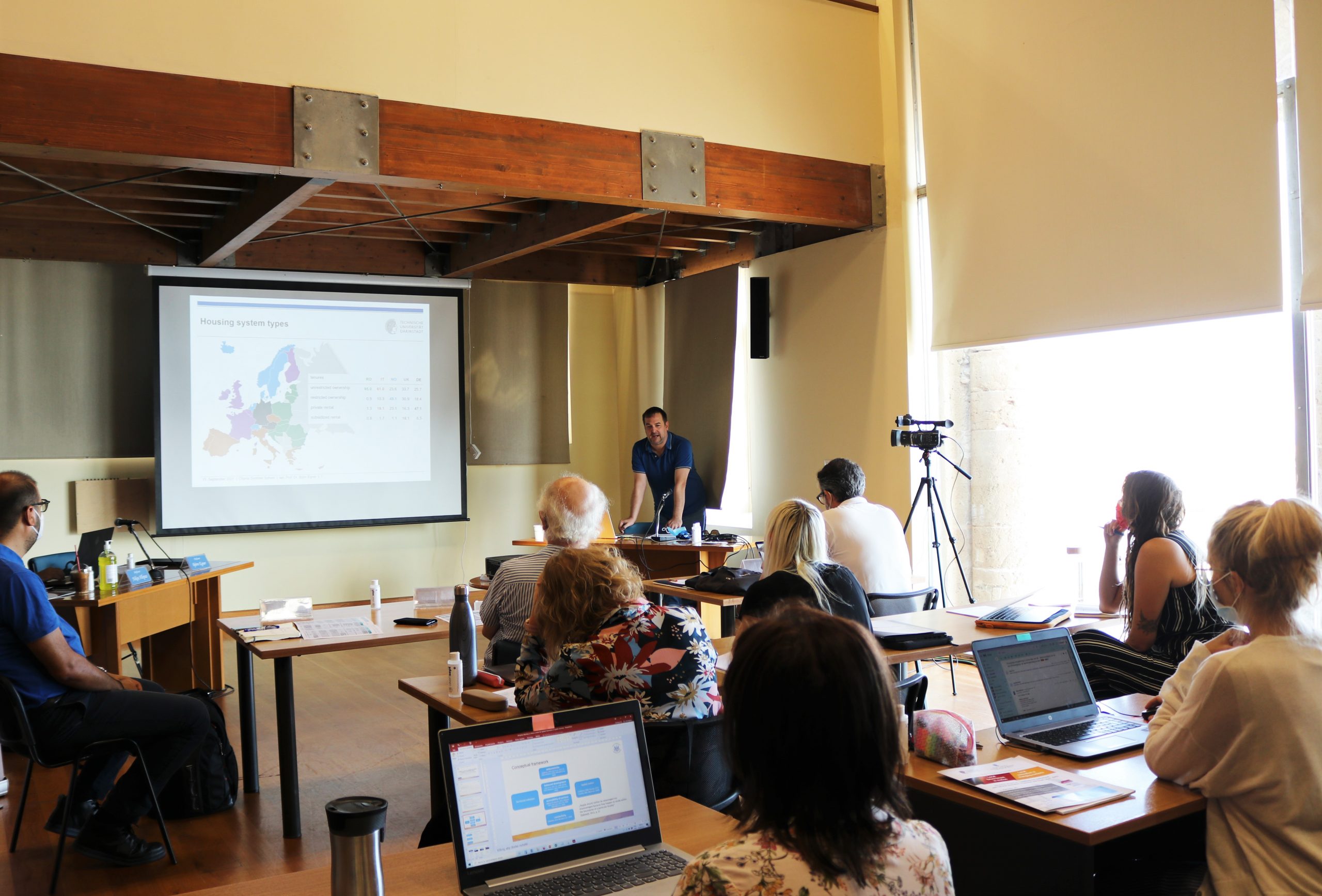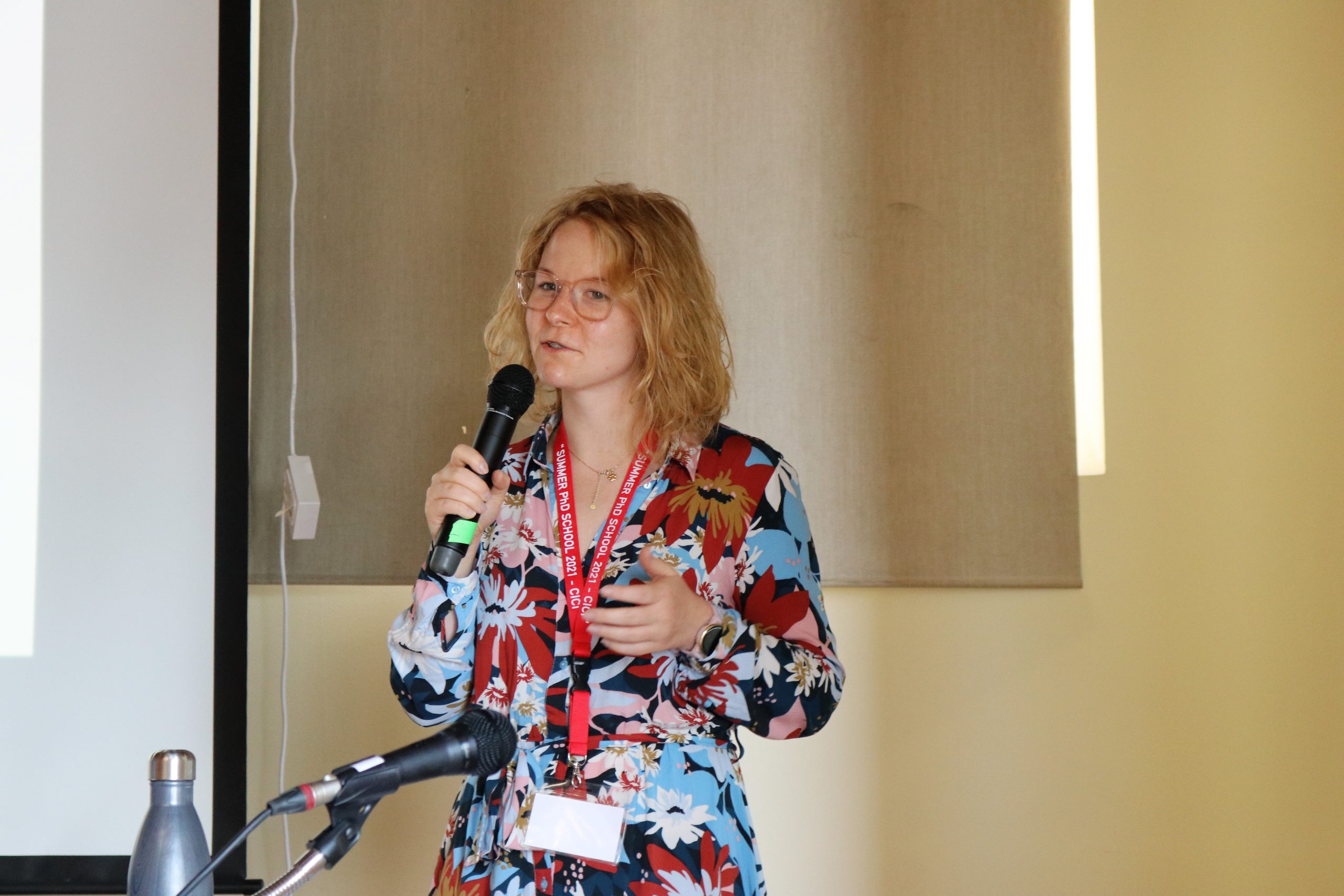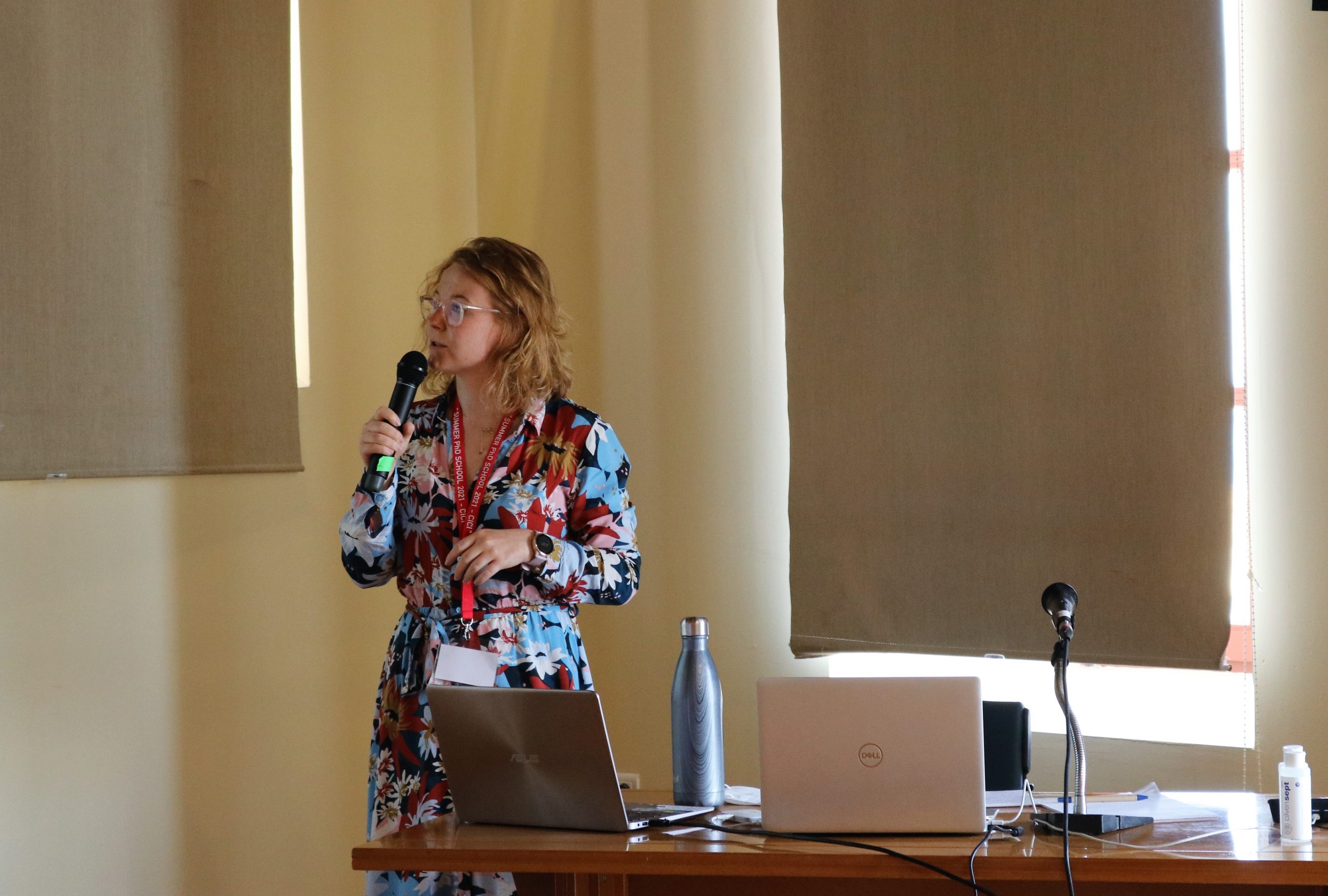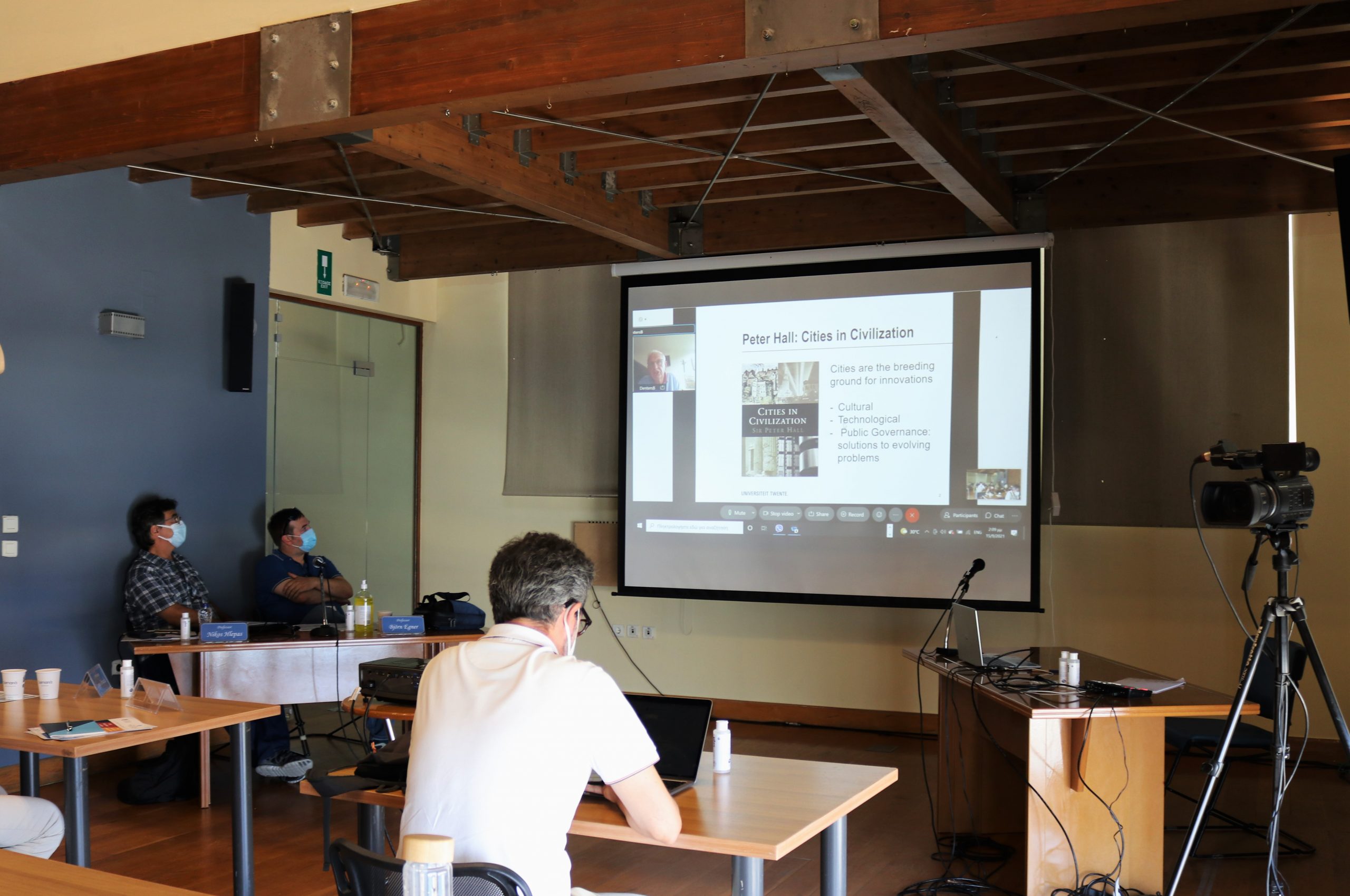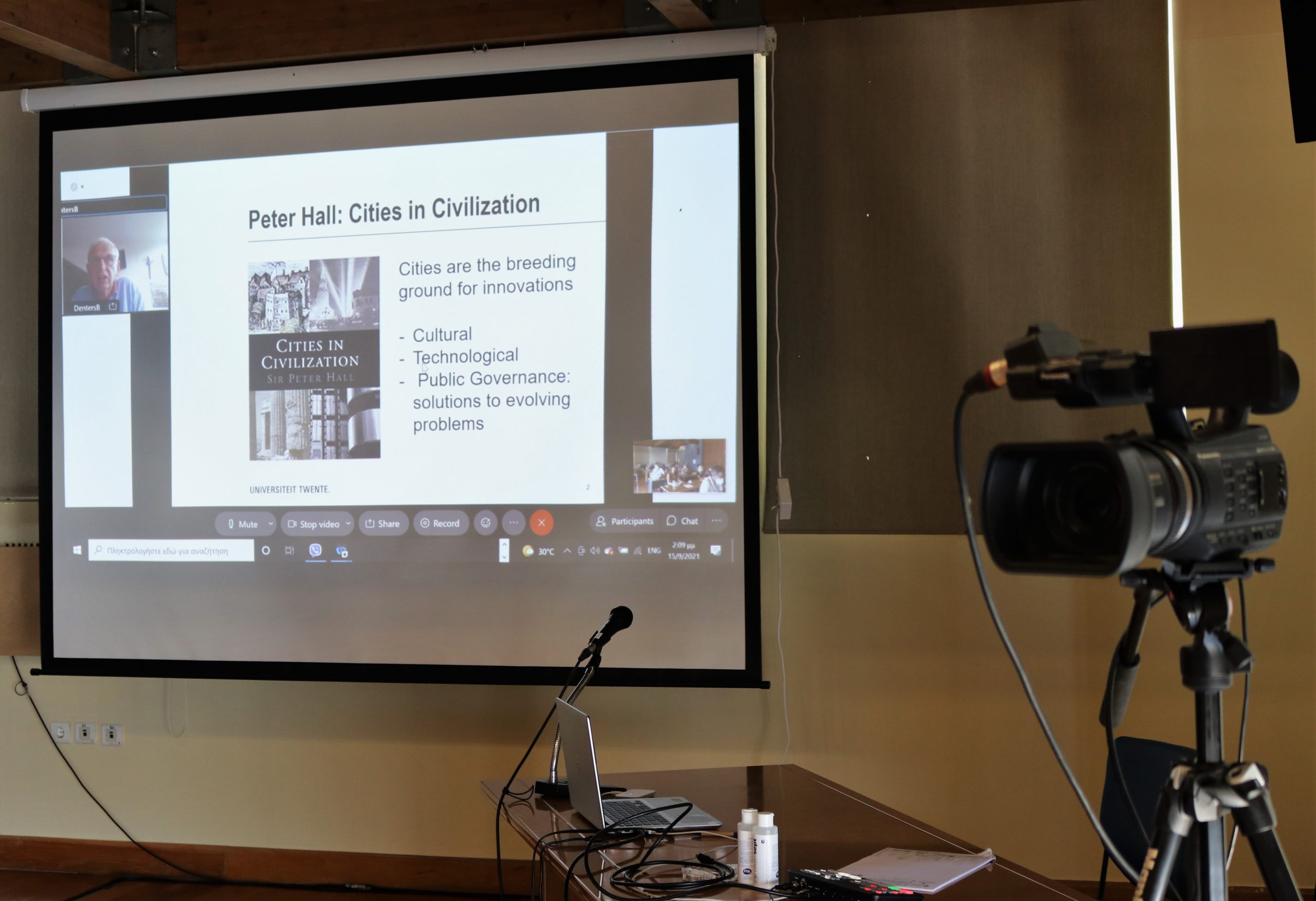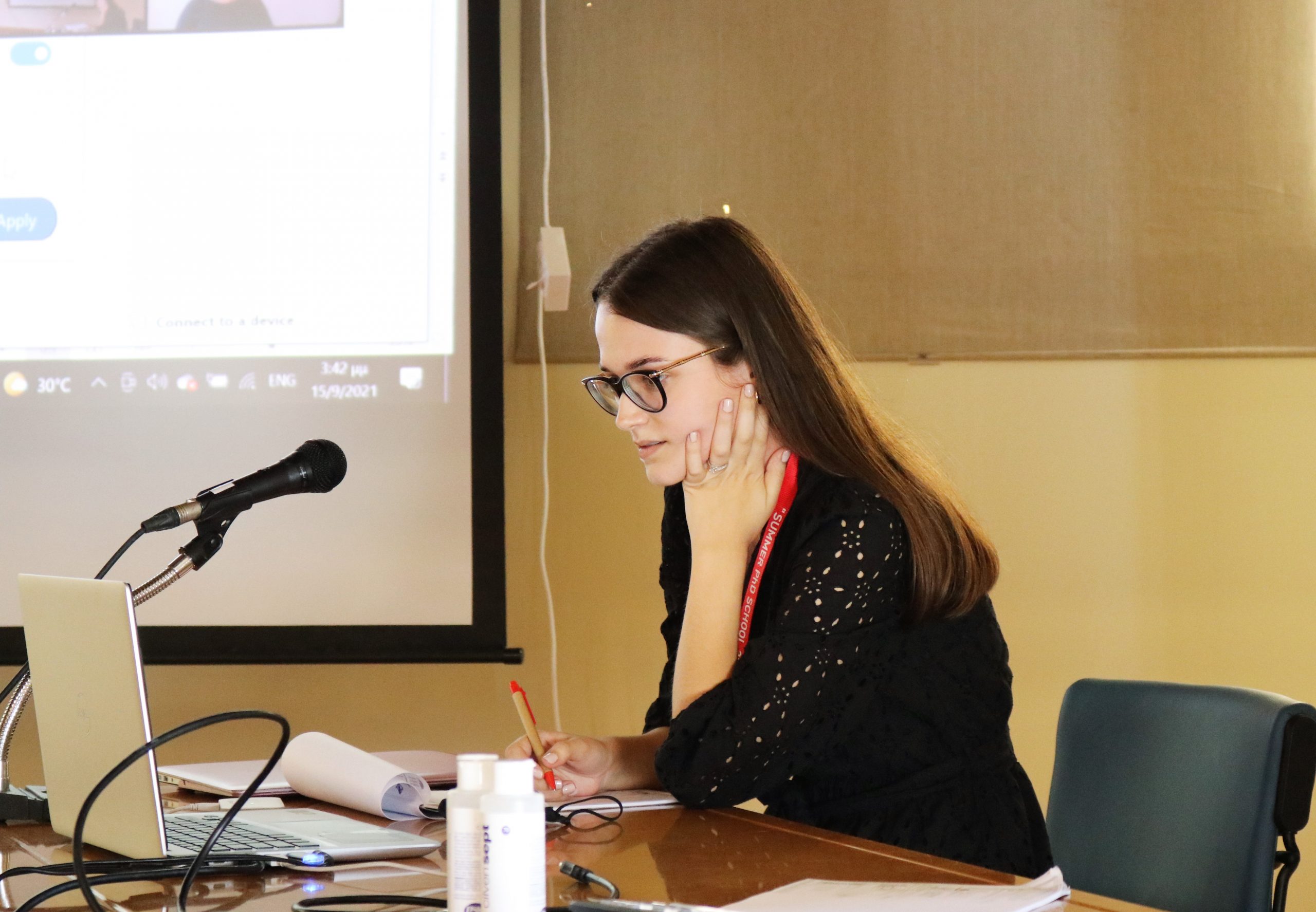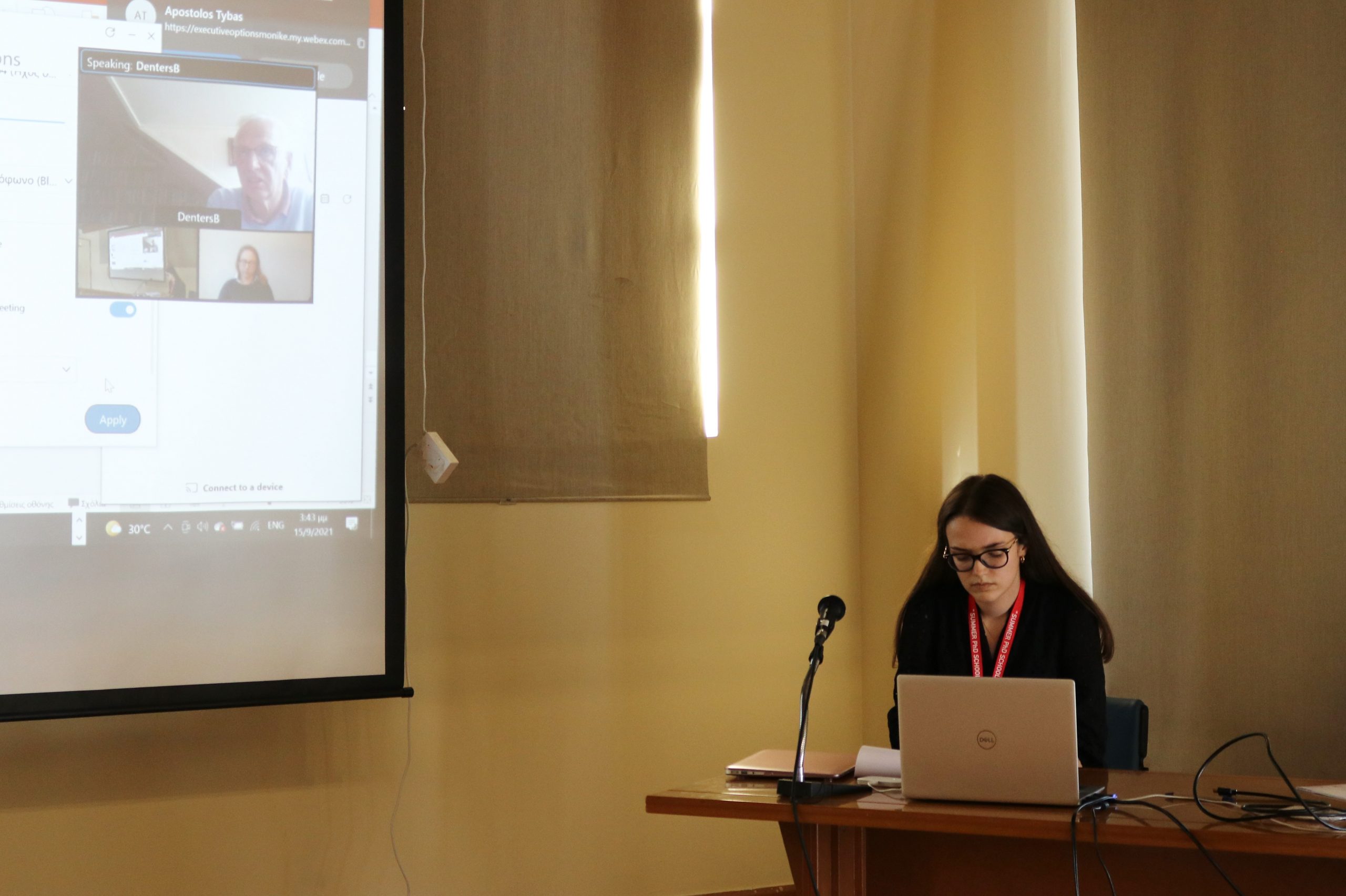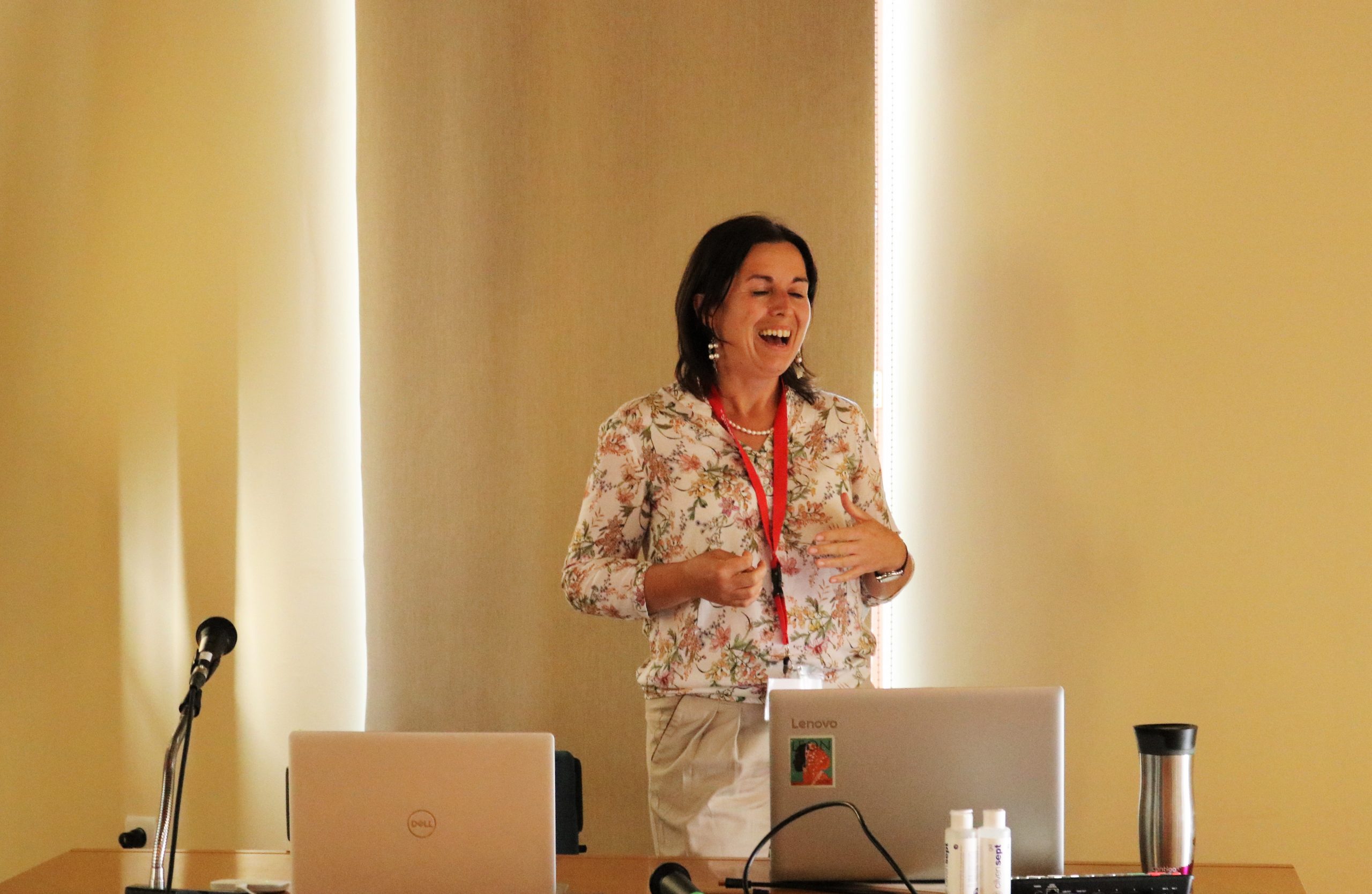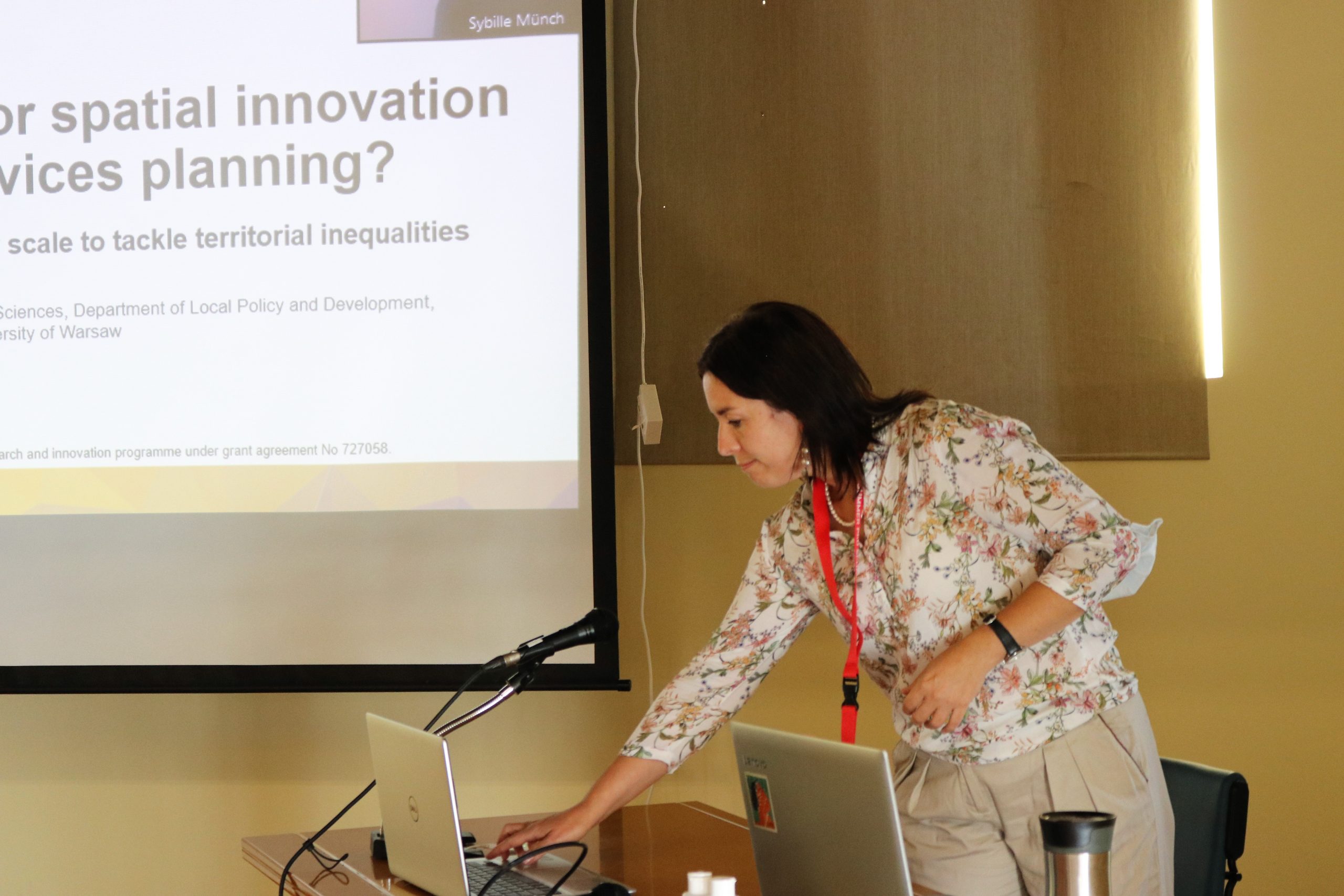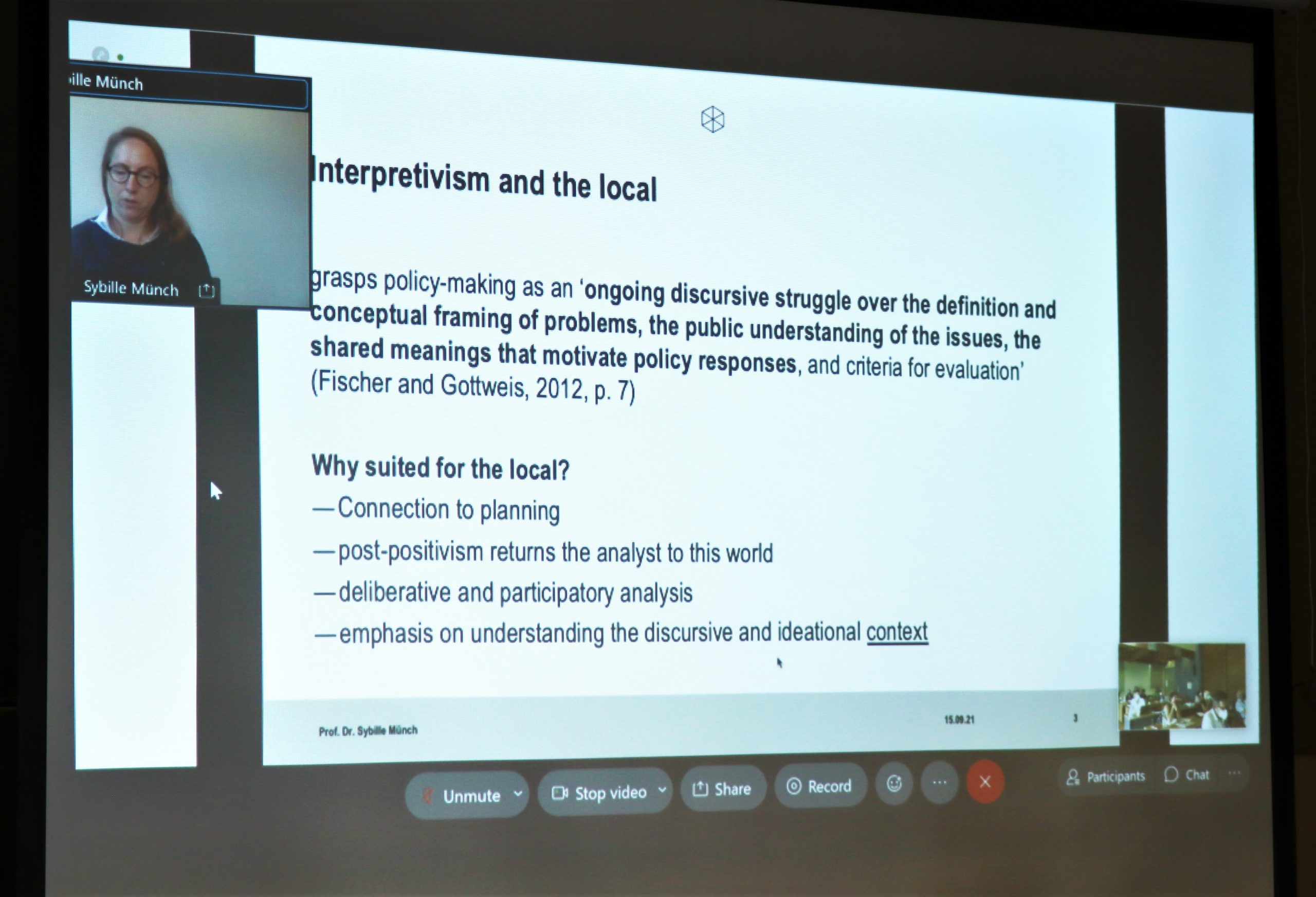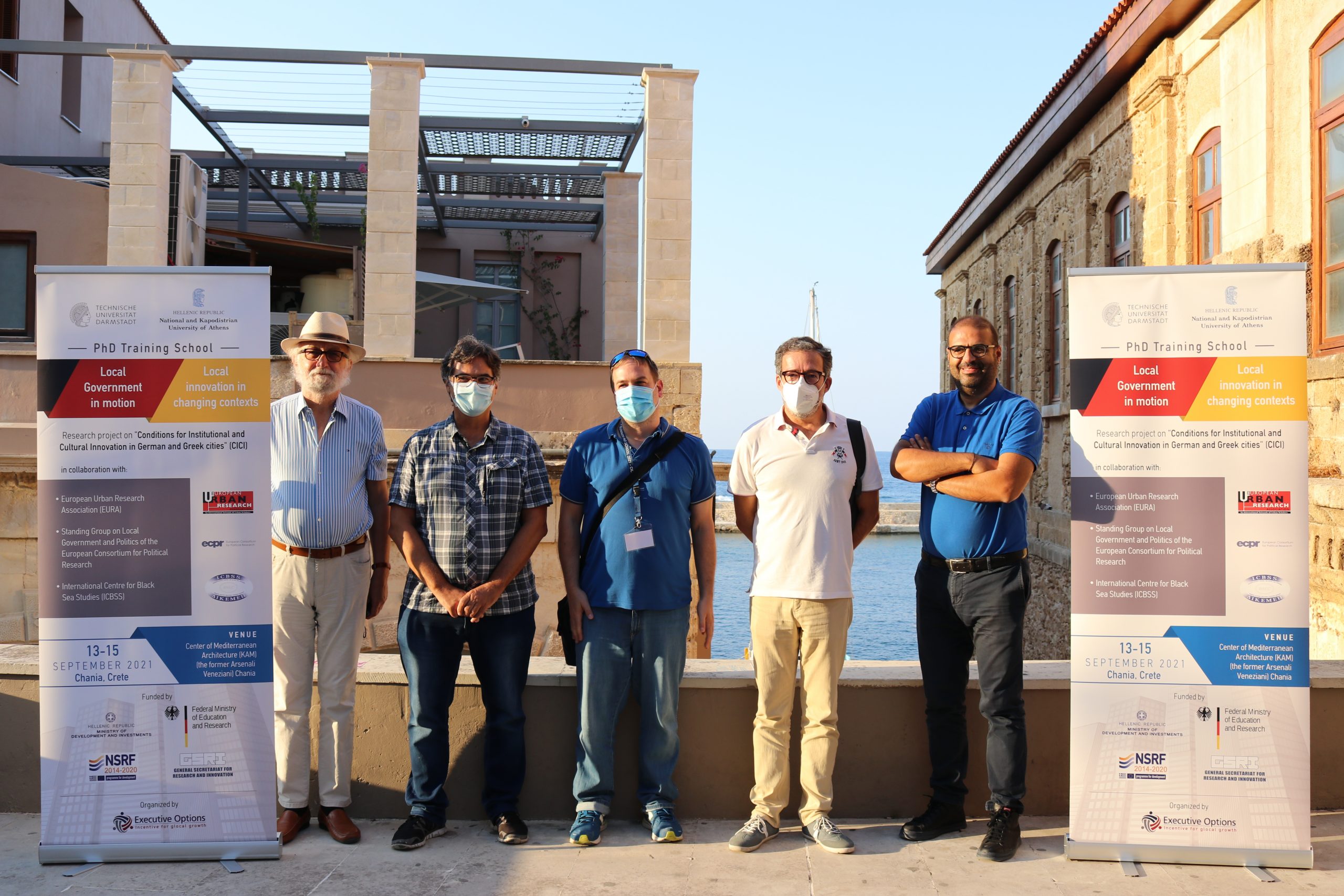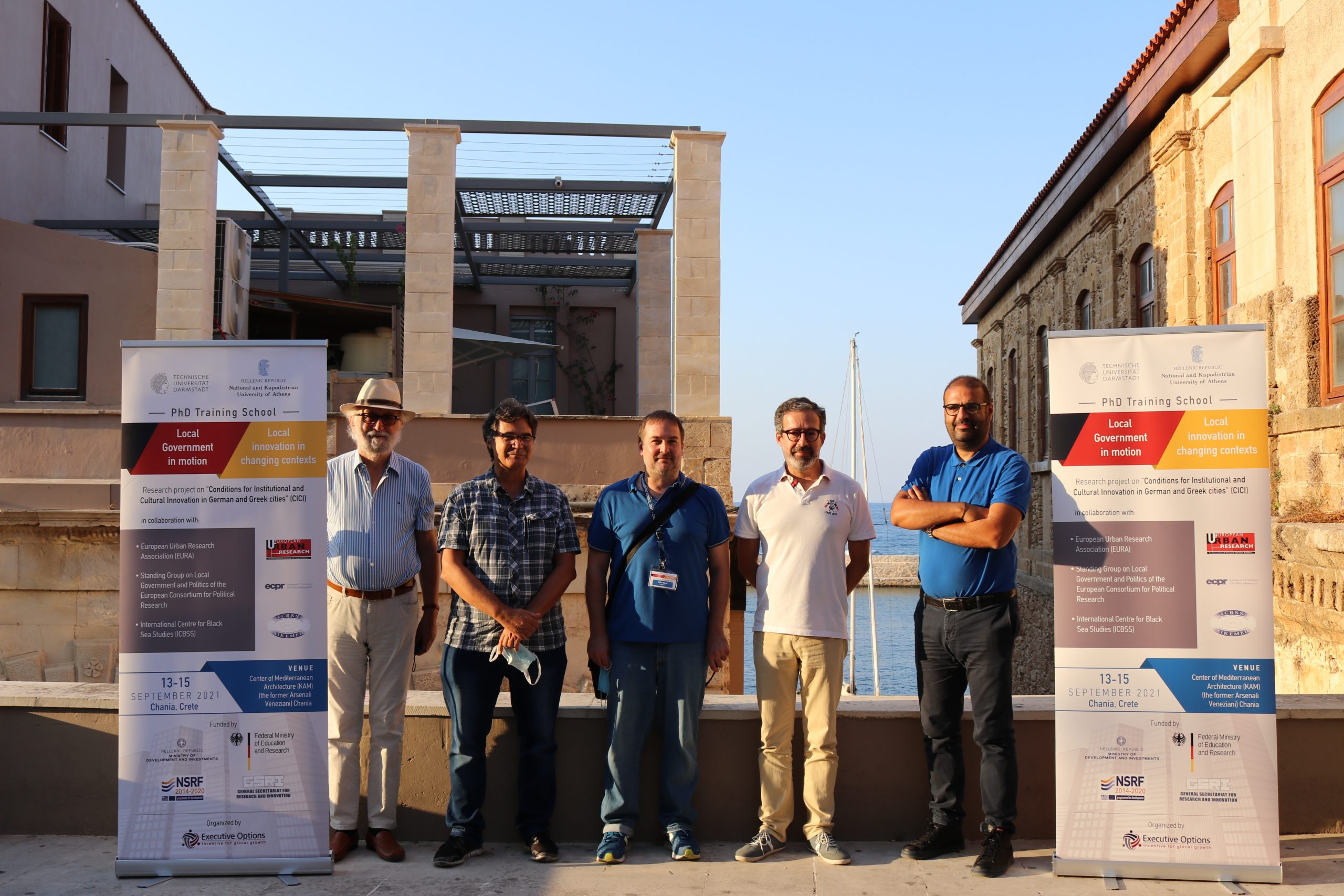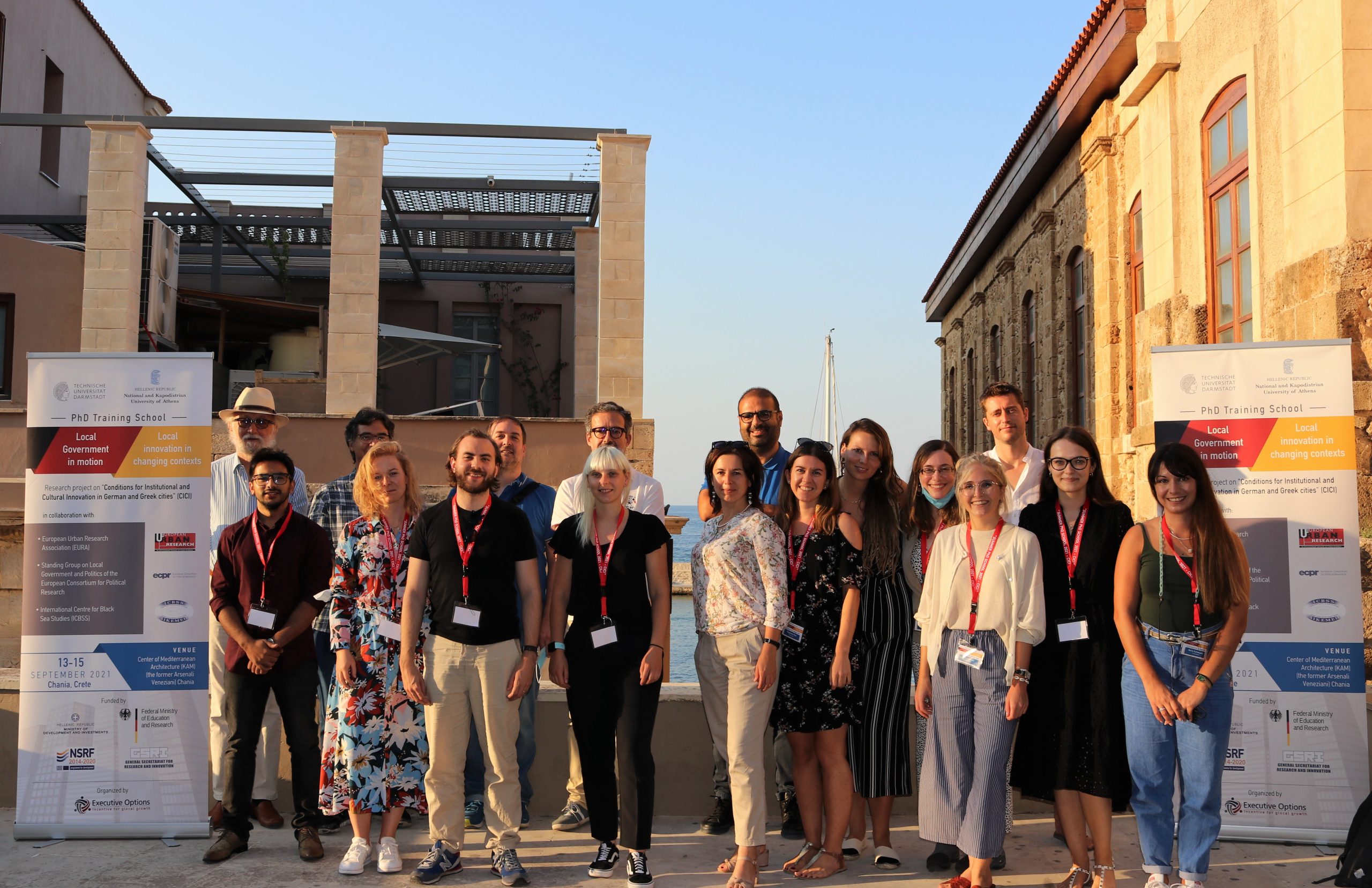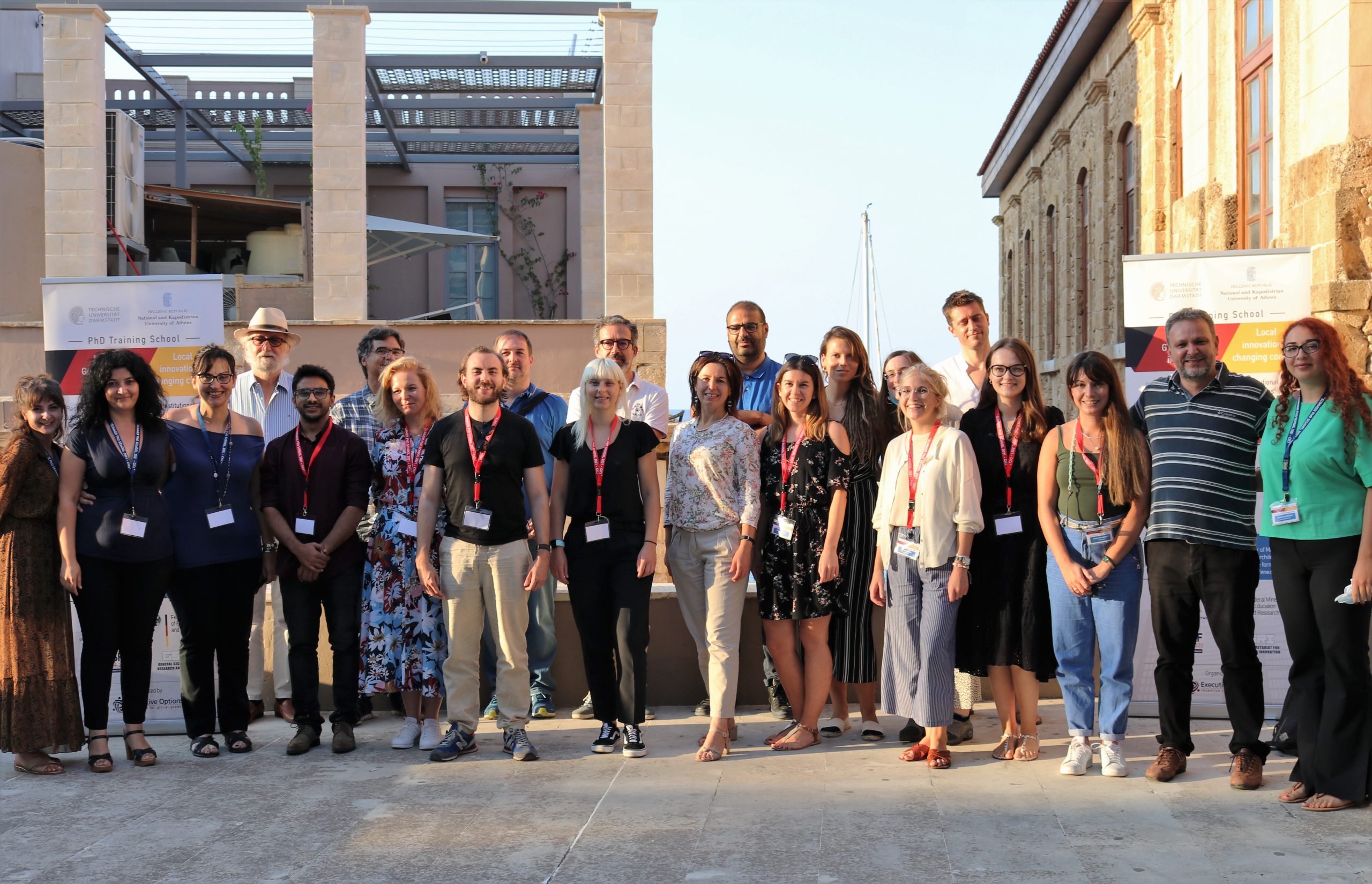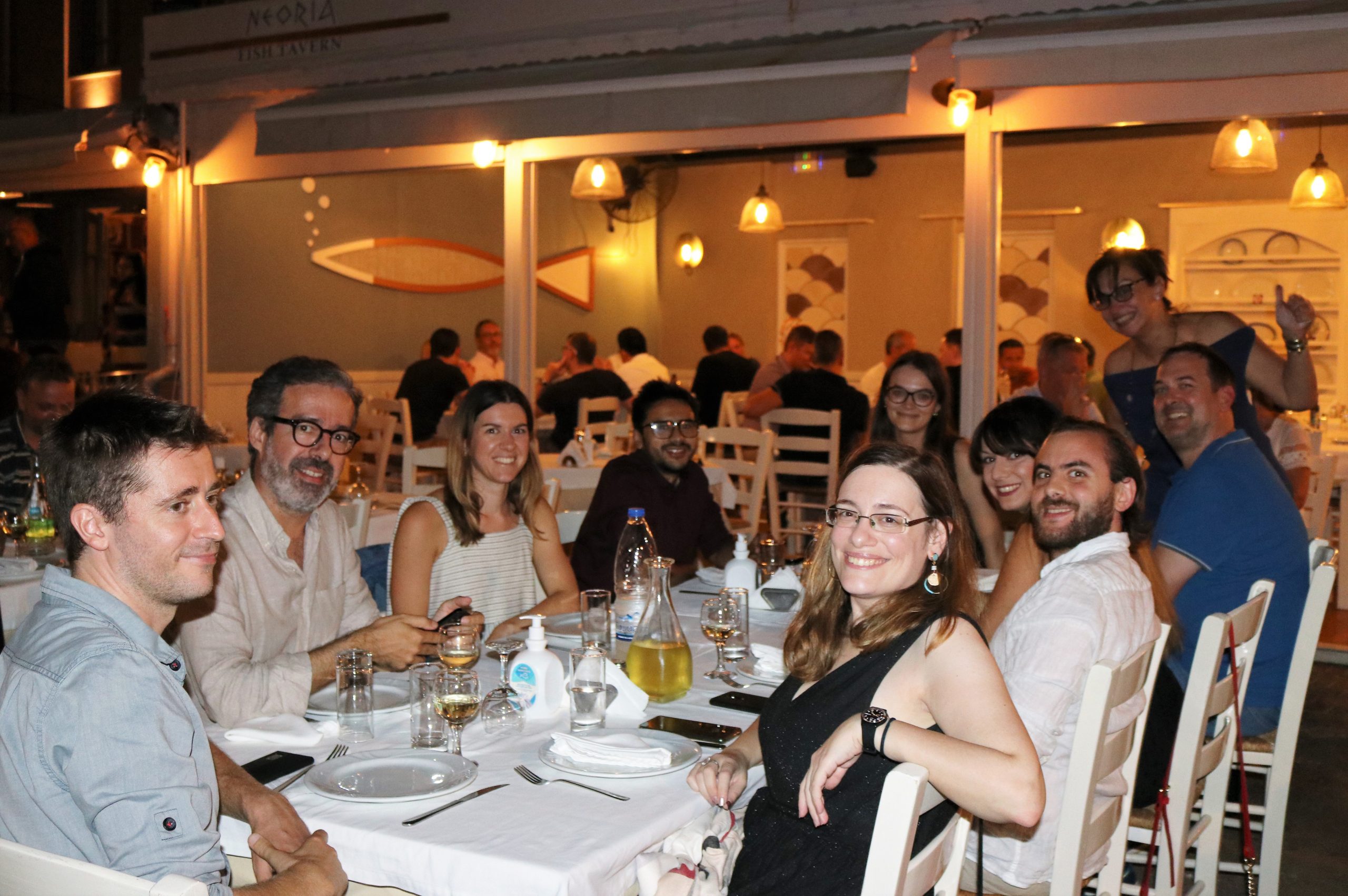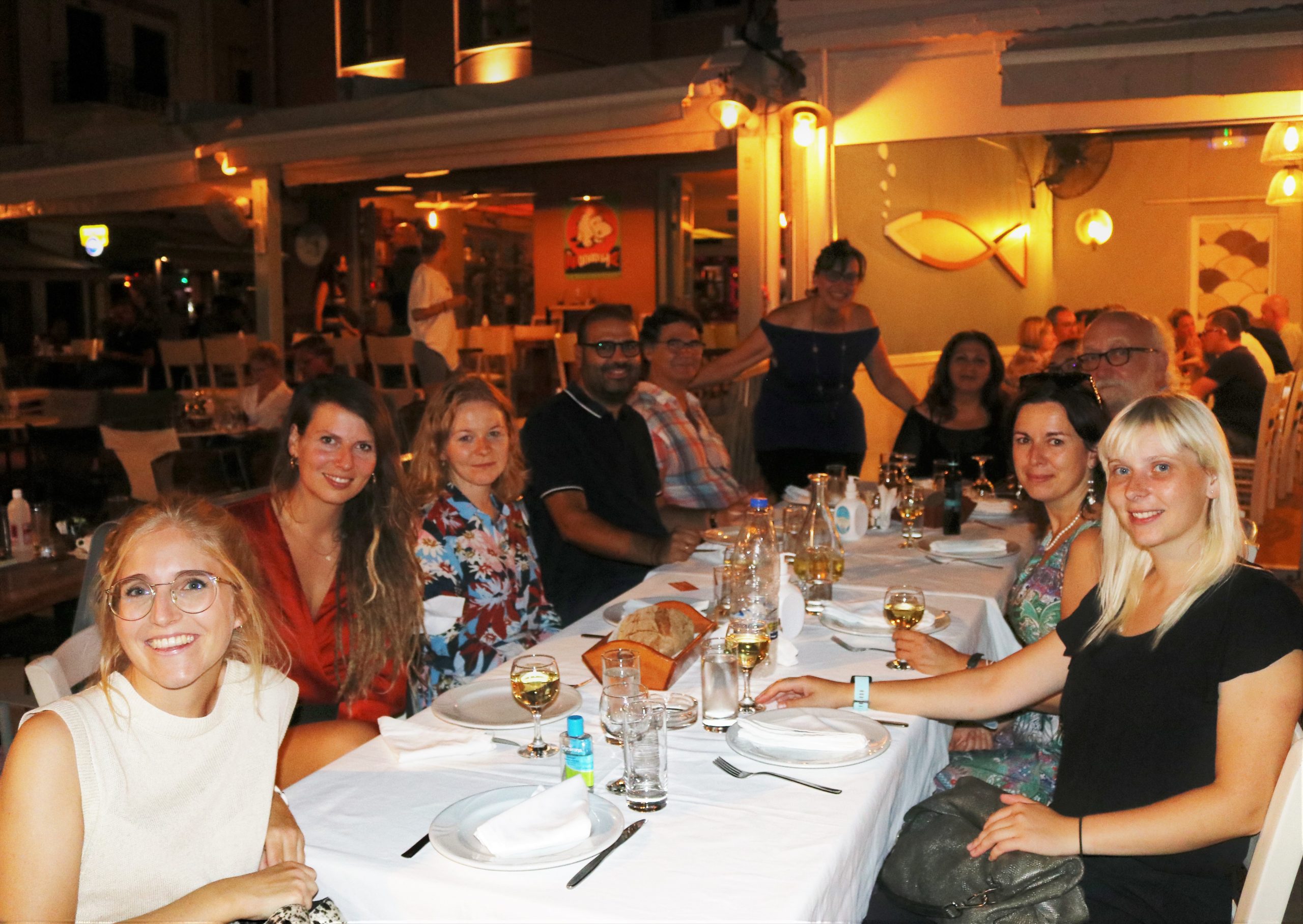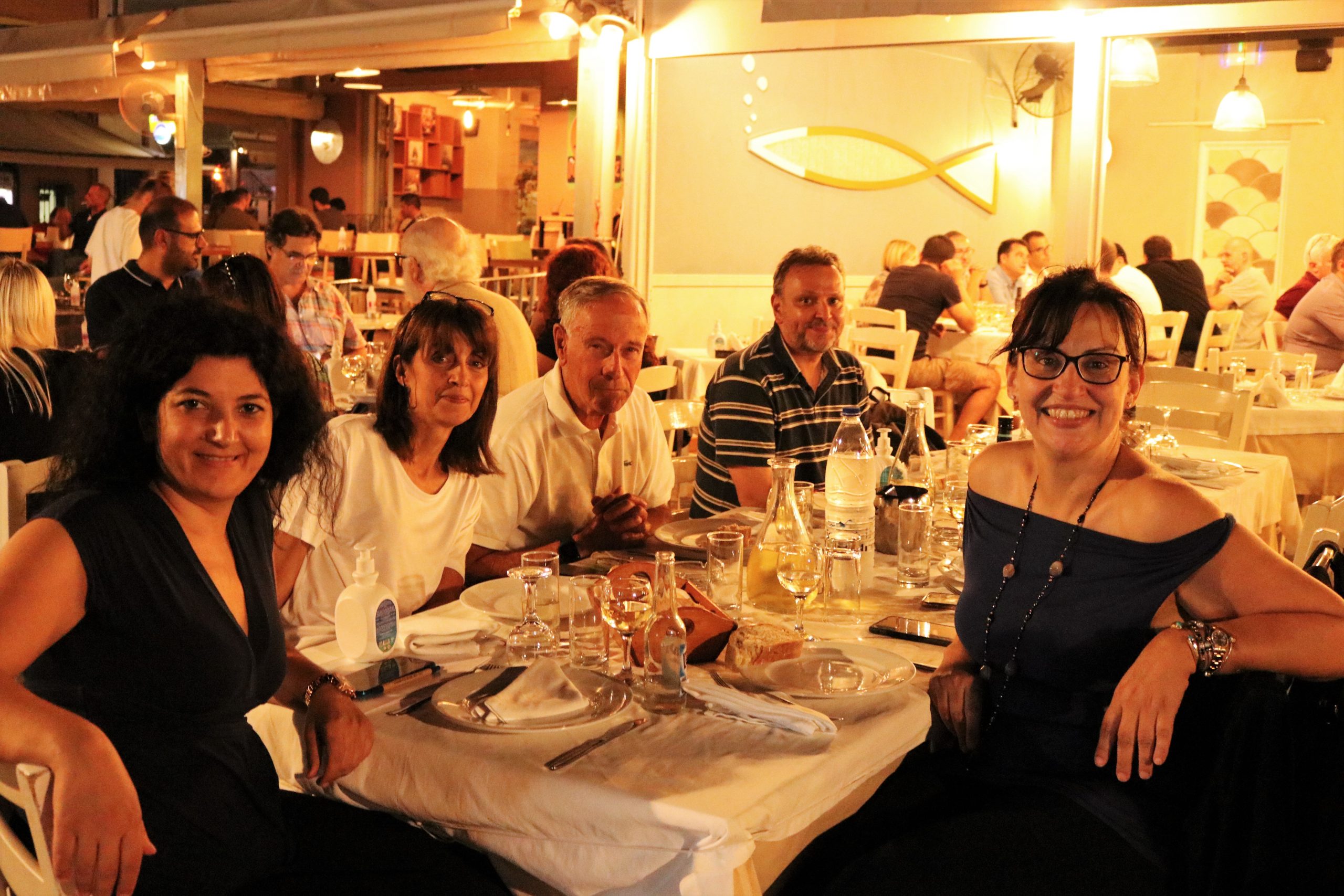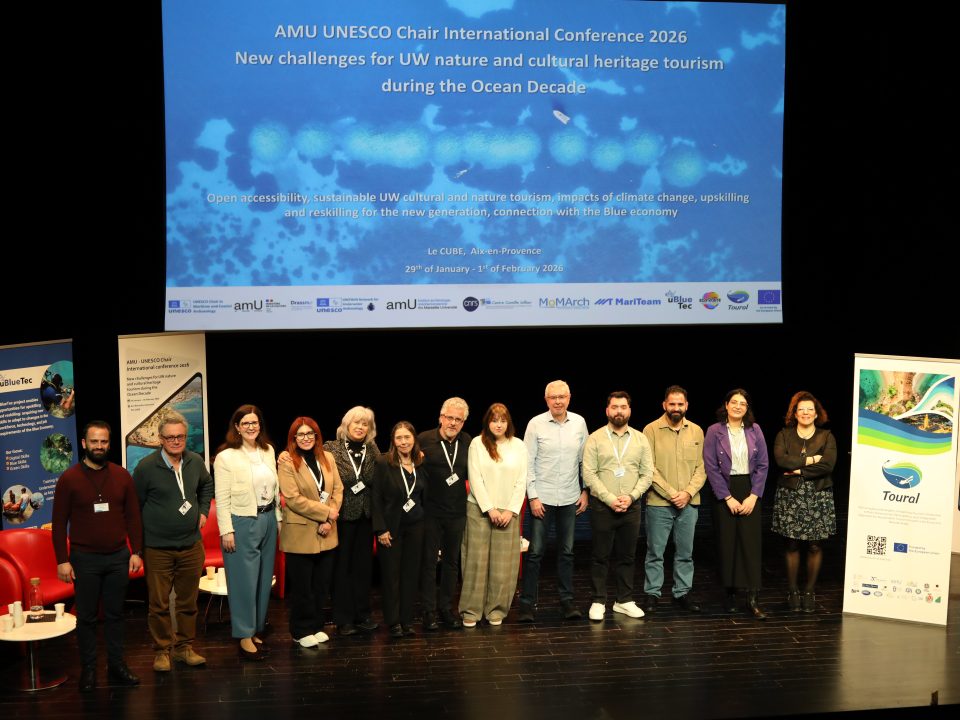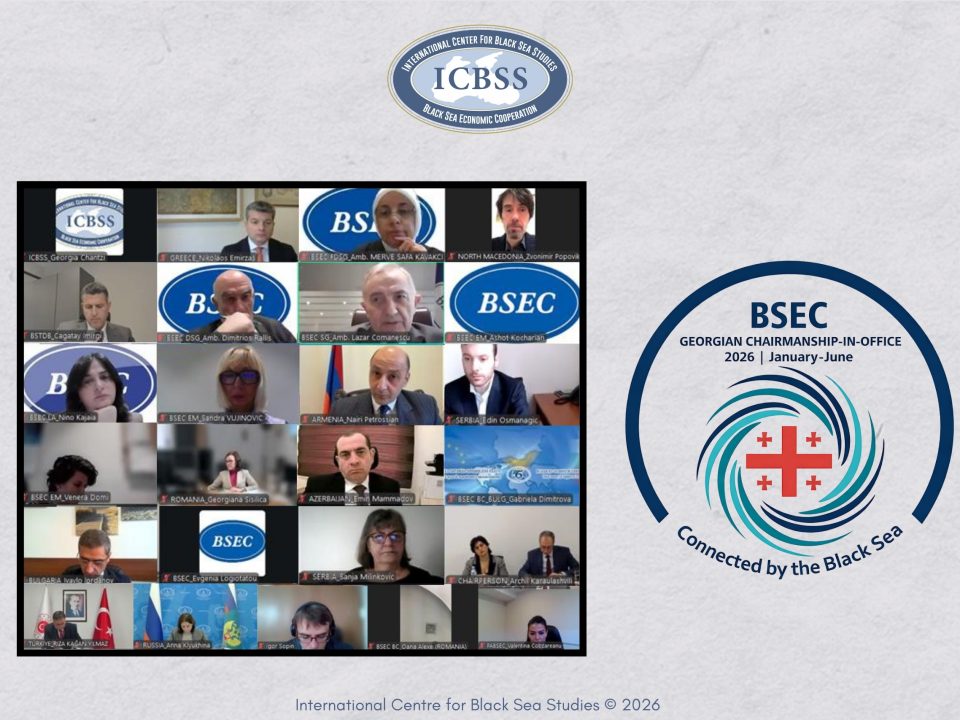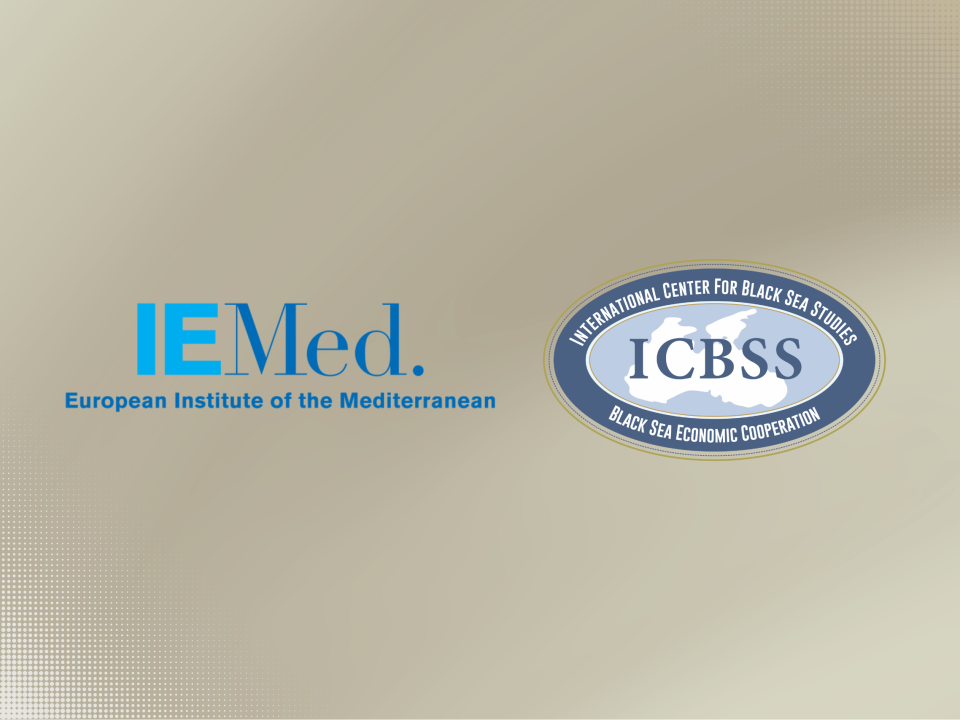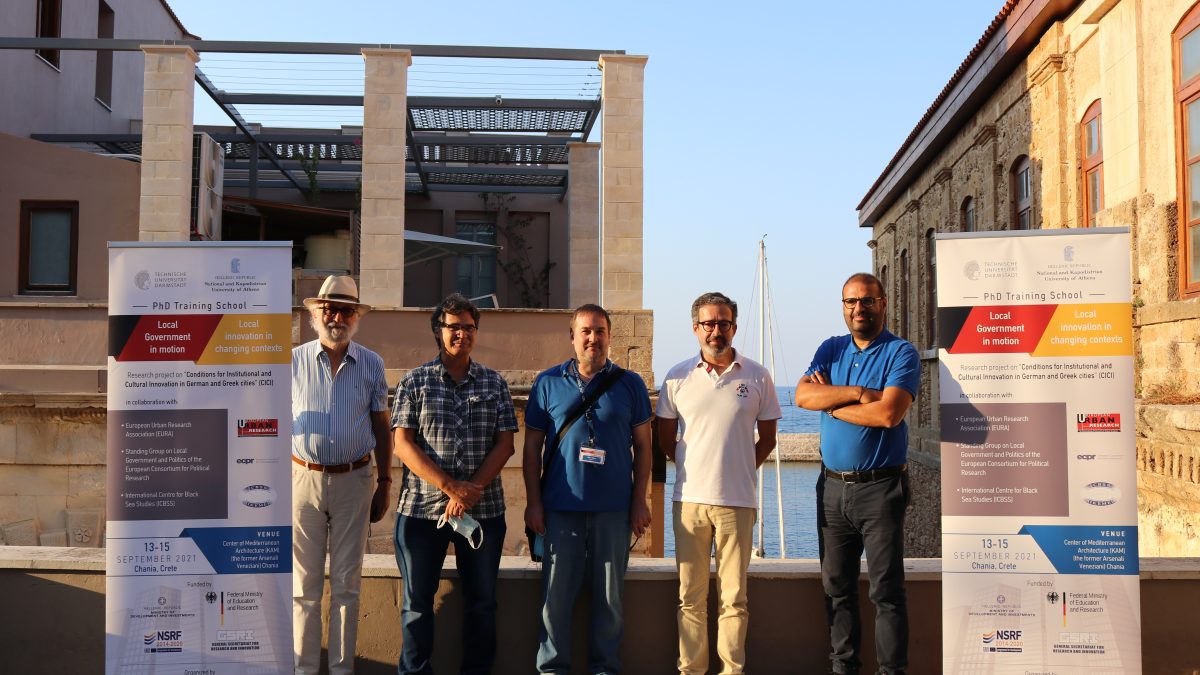
Summer School
‘Local government in motion – Local innovation in changing contexts’
organized by the research project on ‘Conditions for Institutional and Cultural Innovations in cities’ (CICI)
Press Release
Athens, 1 October 2021
The Technical University of Darmstadt (Germany) and the National and Kapodistrian University of Athens (Greece), in collaboration with the European Urban Research Association (EURA) and the Standing Group on Local Government and Politics of the European Consortium for Political Research (ECPR), successfully organized the PhD Training Summer School on ‘Local government in motion – Local innovation in changing contexts’, an initiative of Professor Dr. Hubert Heinelt (Darmstadt University of Technology), member of the Board of Directors of the International Centre for Black Sea Studies (ICBSS). The ICBSS is the media sponsor of the event.
The PhD Training Summer School was organised in the context of the Research Project on “Conditions for Institutional and Cultural Innovations in cities” (CICI), and it was held as a physical event for the period from September 13th to September 15th 2021, in Chania (Crete - Greece), at the Center of Mediterranean Architecture (KAM) - the former Arsenali Veneziani, in continuation to the successful summer school organisations of the previous years, as a result of the German-Greek bilateral research and innovation cooperation.
The 2021 Summer School aimed at doctoral and advanced students in master's programmes who wished to answer the question of why innovation has been achieved in certain cities (and not in others).
In the context of the summer school, innovations were defined in a broad sense - namely as "new ideas that work", and were seen as something that is perceived by locals (as well as by external observers) as novelties and improvements at the same time. The concept of innovation was therefore not limited to technical changes and attention was also given to local policy innovations. Besides, the notion of innovation was contextualised in that it is based on the understanding of local actors. To this point, participants had to look at local innovations either from an academic disciplinary perspective (political science, sociology, geography, history, planning) or follow an interdisciplinary approach.
Special emphasis was given to 8 key notes, as the 2021 summer school was a mixture of these key notes given by established scholars and presentations by the doctoral and advanced MA students about the design and (preliminary) results of their own research.
In this framework, the summer school planned the 8 following key notes:
-Prof. Dr. Hubert Heinelt: How to explain that innovations have been achieved in certain cities – and not in others? Initial epistemological reflections
-Prof. Dr. Georgios Terizakis: Interpretations of local possibilities and limits for action as key to innovations
-Prof. Dr. Filipe Teles: Urban innovation, networks and institutional adaptation – an overview of global trends
-Prof. Dr. Nicolaos Hlepas: There is no guarantee for continuous local innovation processes – the cases of Athens and Thessaloniki
-Prof. Dr. Chunrong Zheng: Innovations in urban and community governance in China: Cases and Reflections
-Prof. Dr. Björn Egner: Empirical methods to explain differences in innovations – the case of local housing policy in Germany
-Prof. Dr. Bas Denters: Innovations in local government: understanding the dynamics. The strengths and weaknesses of quantitative comparative approaches
-Prof. Dr. Sybille Münch: Empirical methods to understand differences in innovations – reflections from an interpretive perspective.
Course directors of the 2021 edition were Prof. Nikos Hlepas and Prof. Björn Egner.
Twelve participating students (Wirginia Aksztejn, Saroj Aryal, Martina Balazova, Marie DeCock, Elizaveta Gjurova, Maria Karamanoli, Eleni Krikona, Katarzyna Lakoma, Gil Pradeau, Magdalena Potz, Justyna Ślawska, Tomás Vellani), represented universities from several European countries (Belgium, France, Germany, Greece, Poland, Slovakia, and the UK) and presented the design and (preliminary) results of their own research projects during the individual sessions of the school programme.
This was one of the long-lasting series of summer courses for PhD students interested in local government and politics issues, by giving the opportunity to develop a further understanding of comparative local government studies and to discuss PhD-related research with an experienced international faculty of different disciplines.
This summer school series provides an excellent opportunity to build, deepen or widen networks with scholars working on similar topics in the field.

